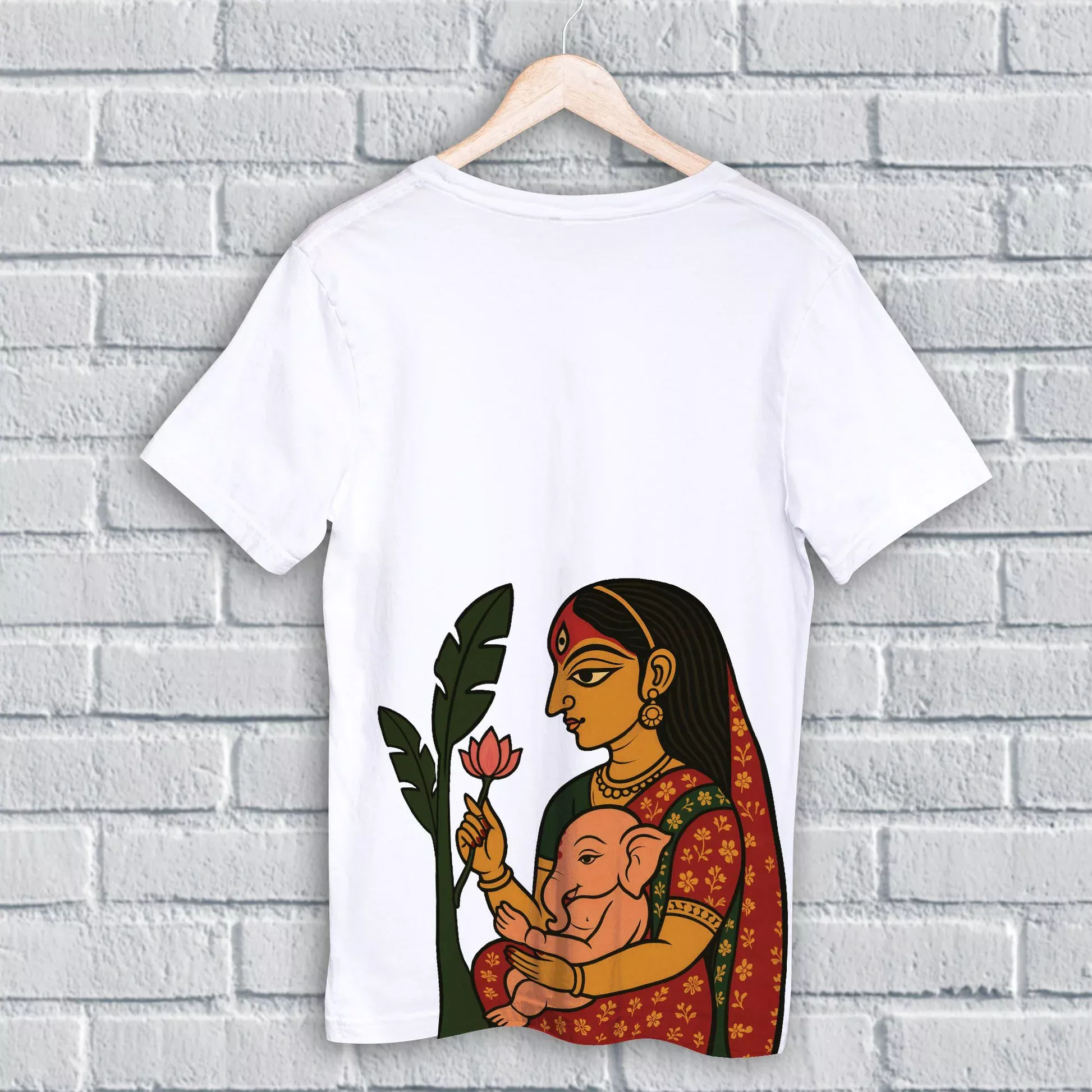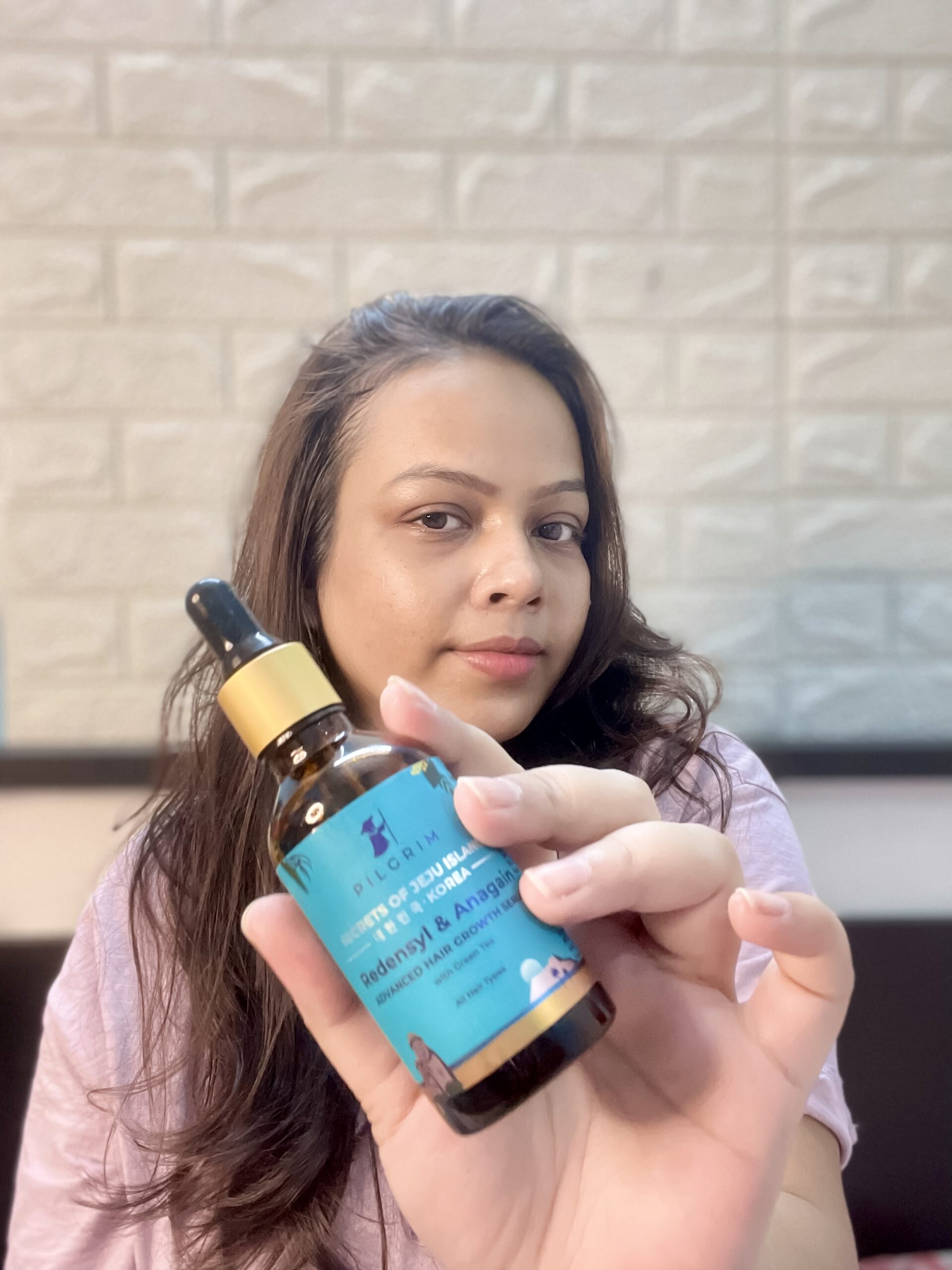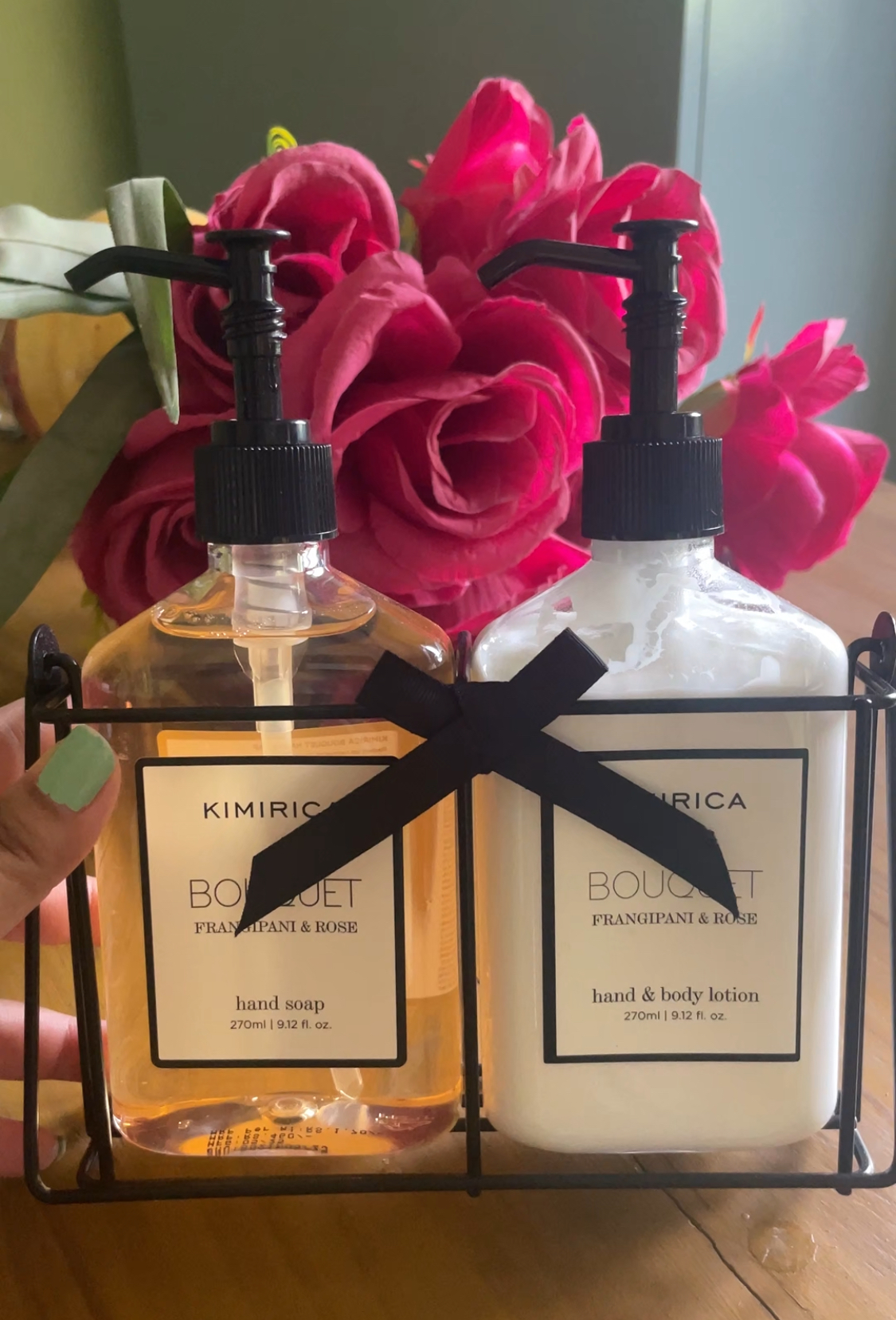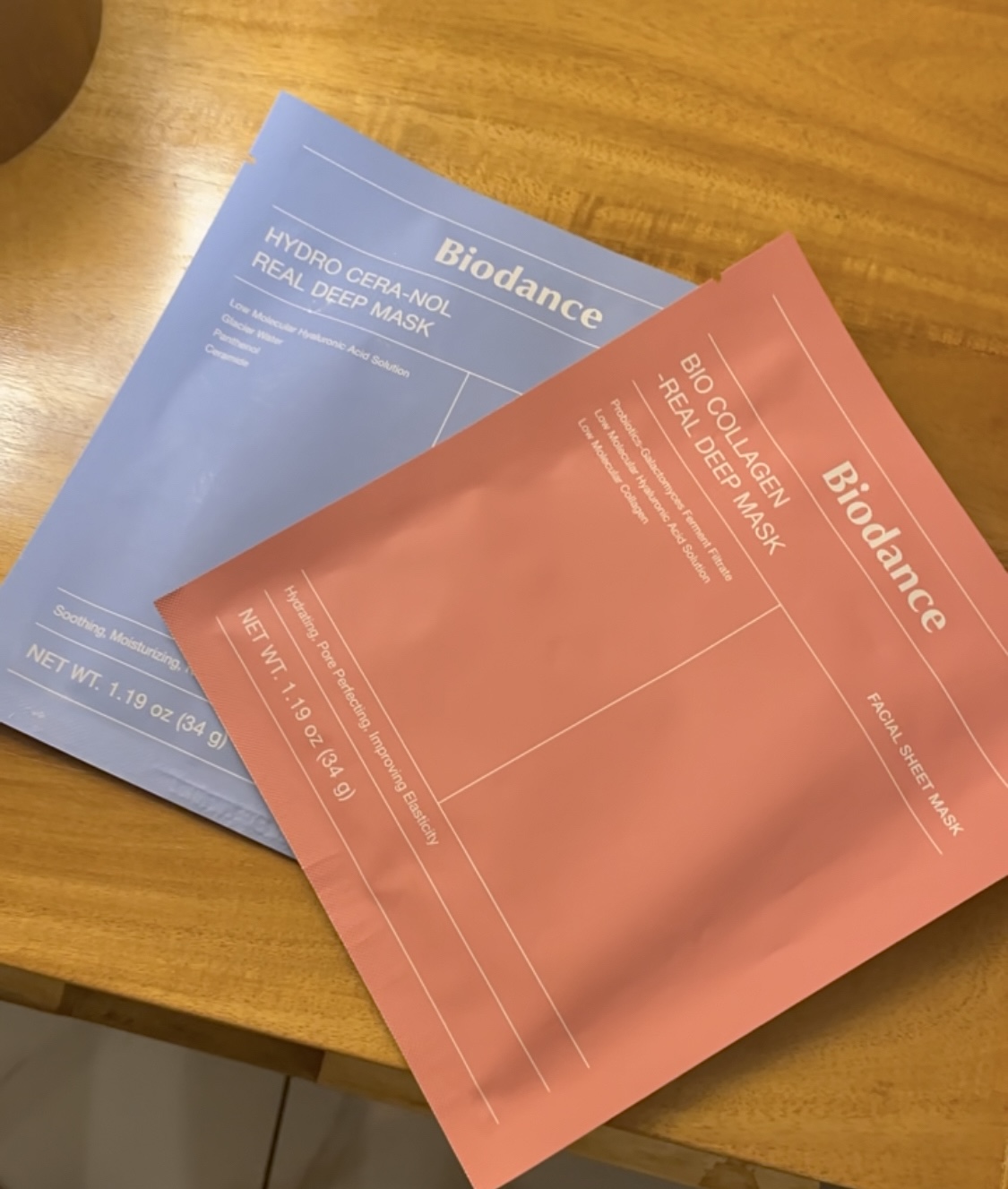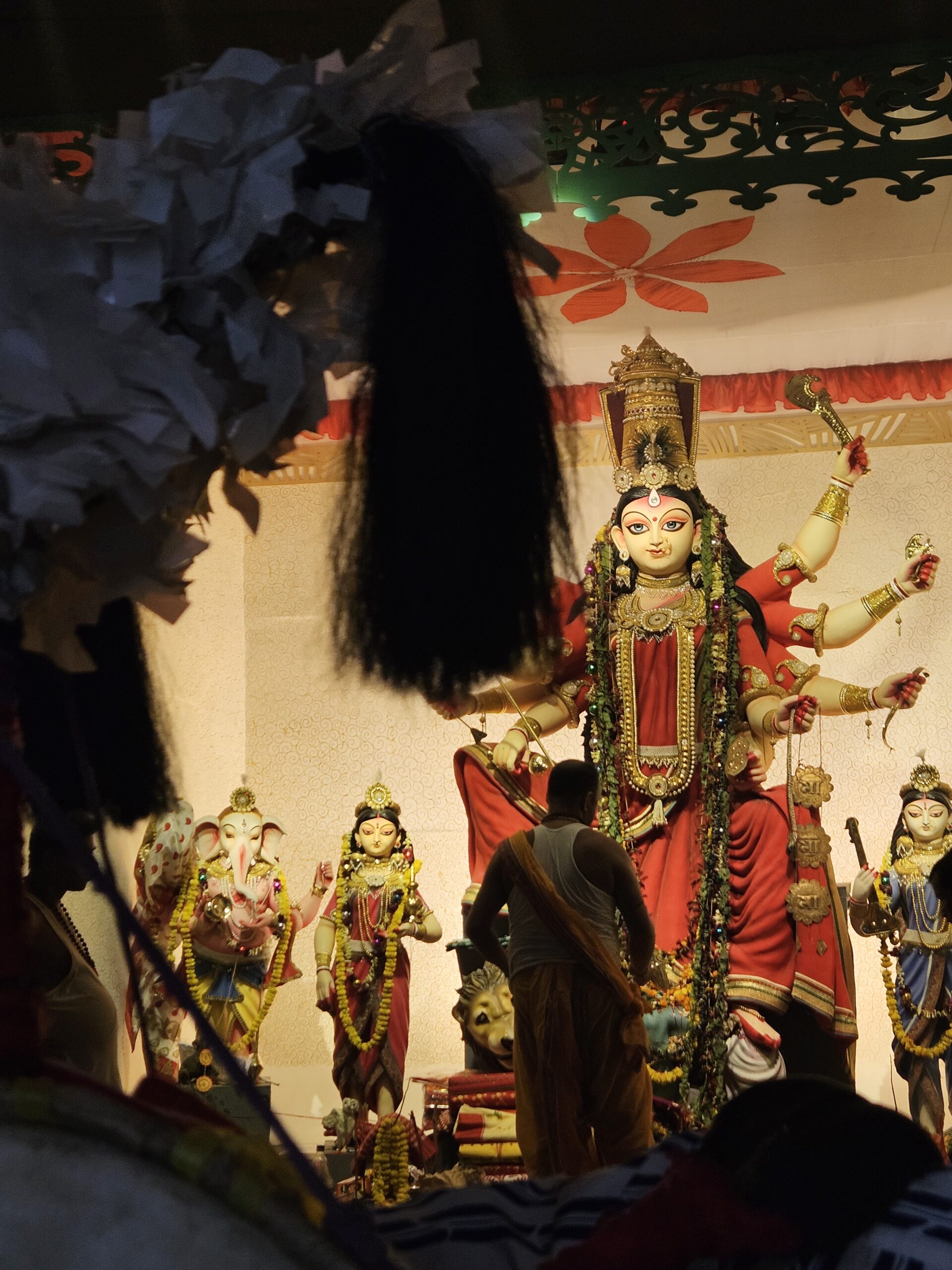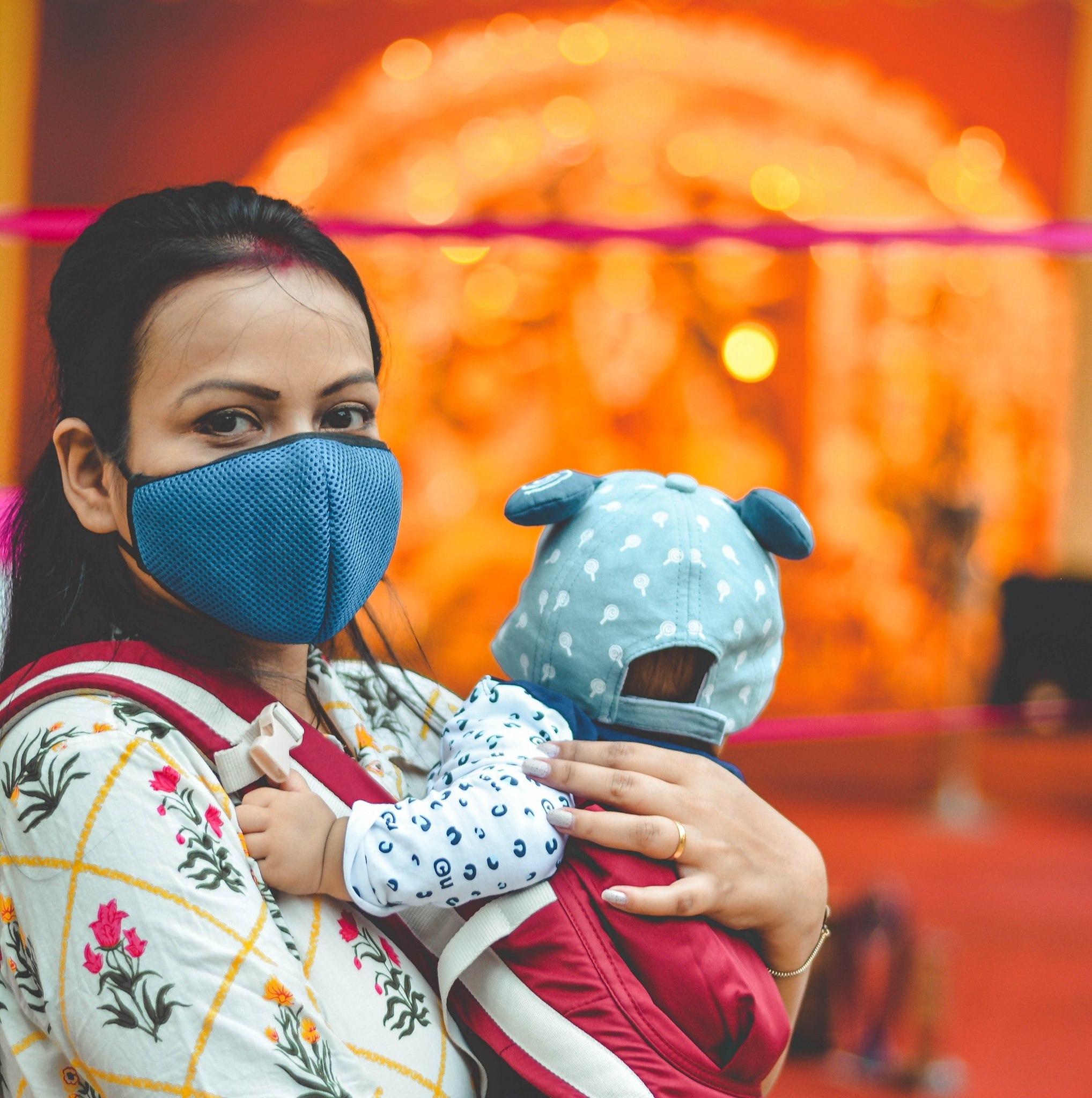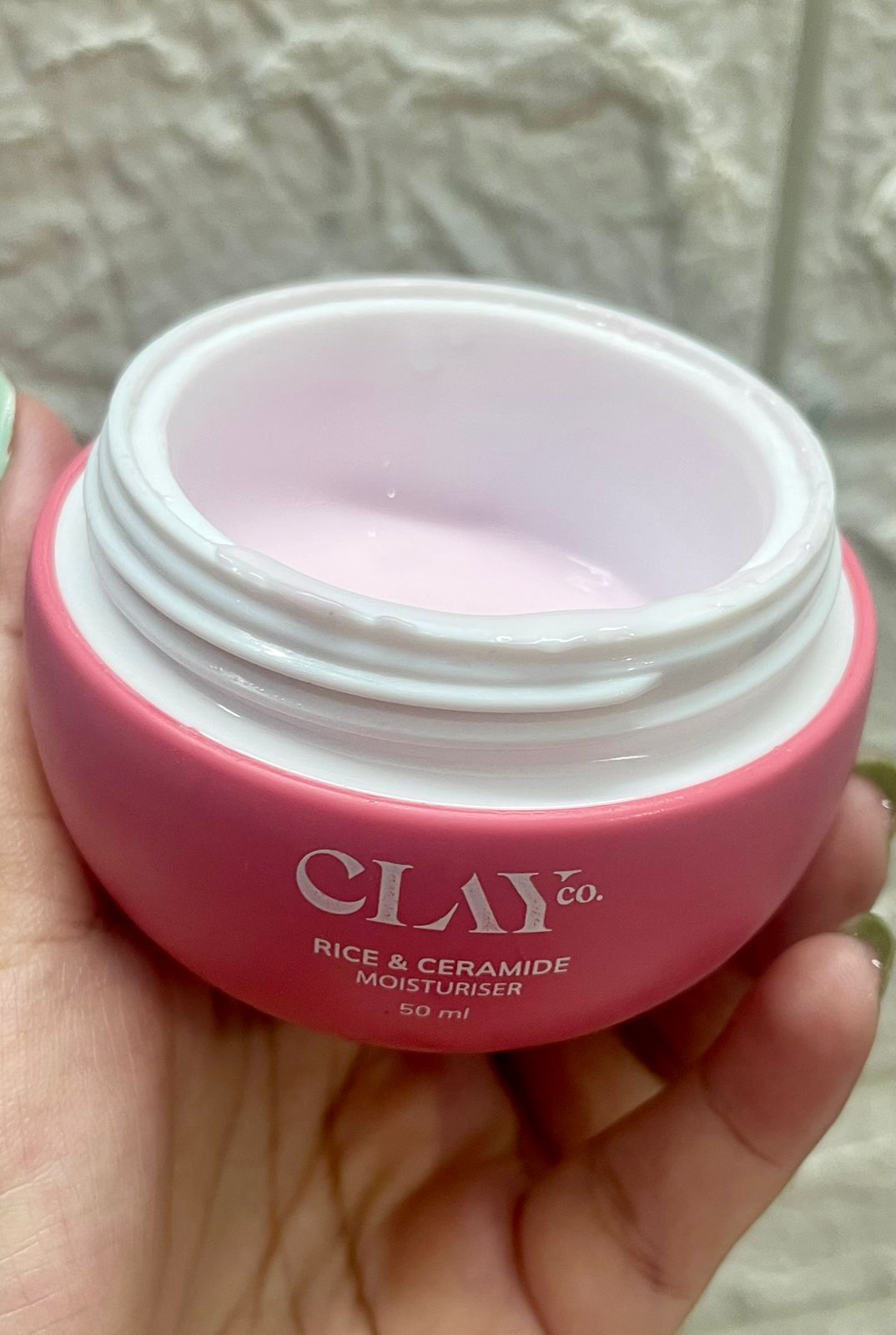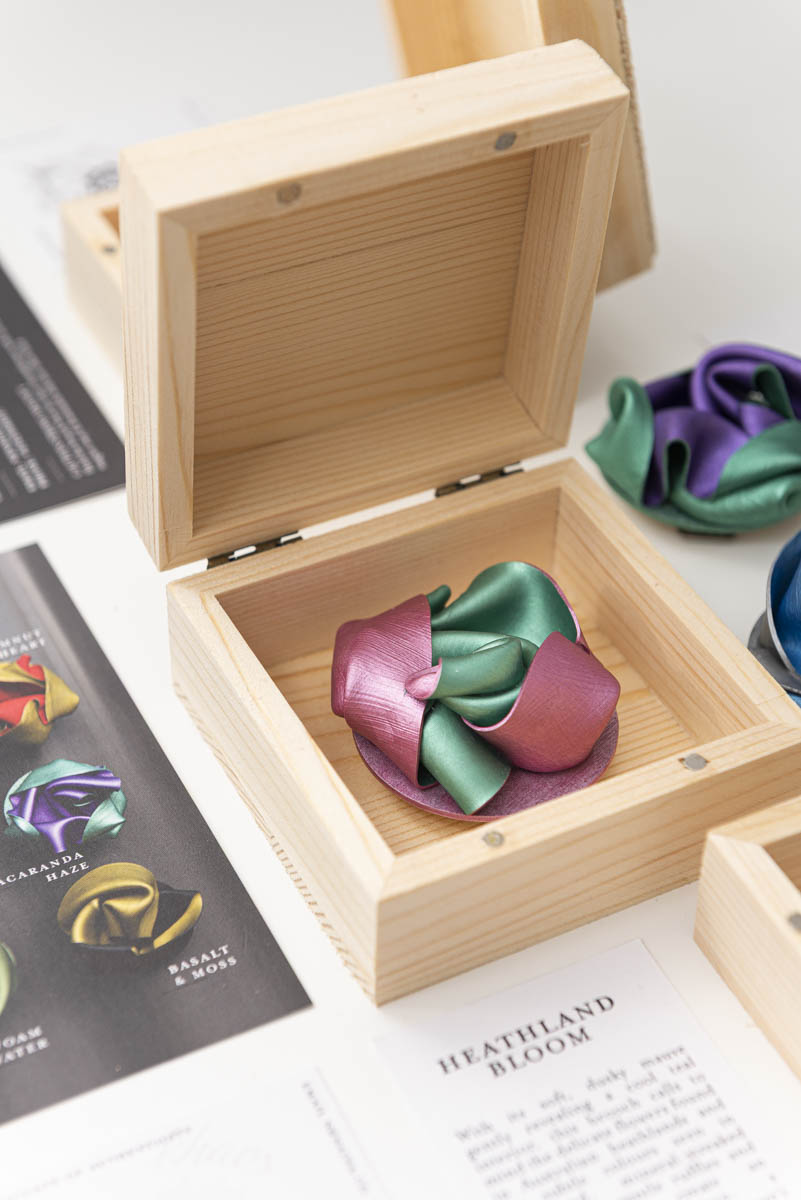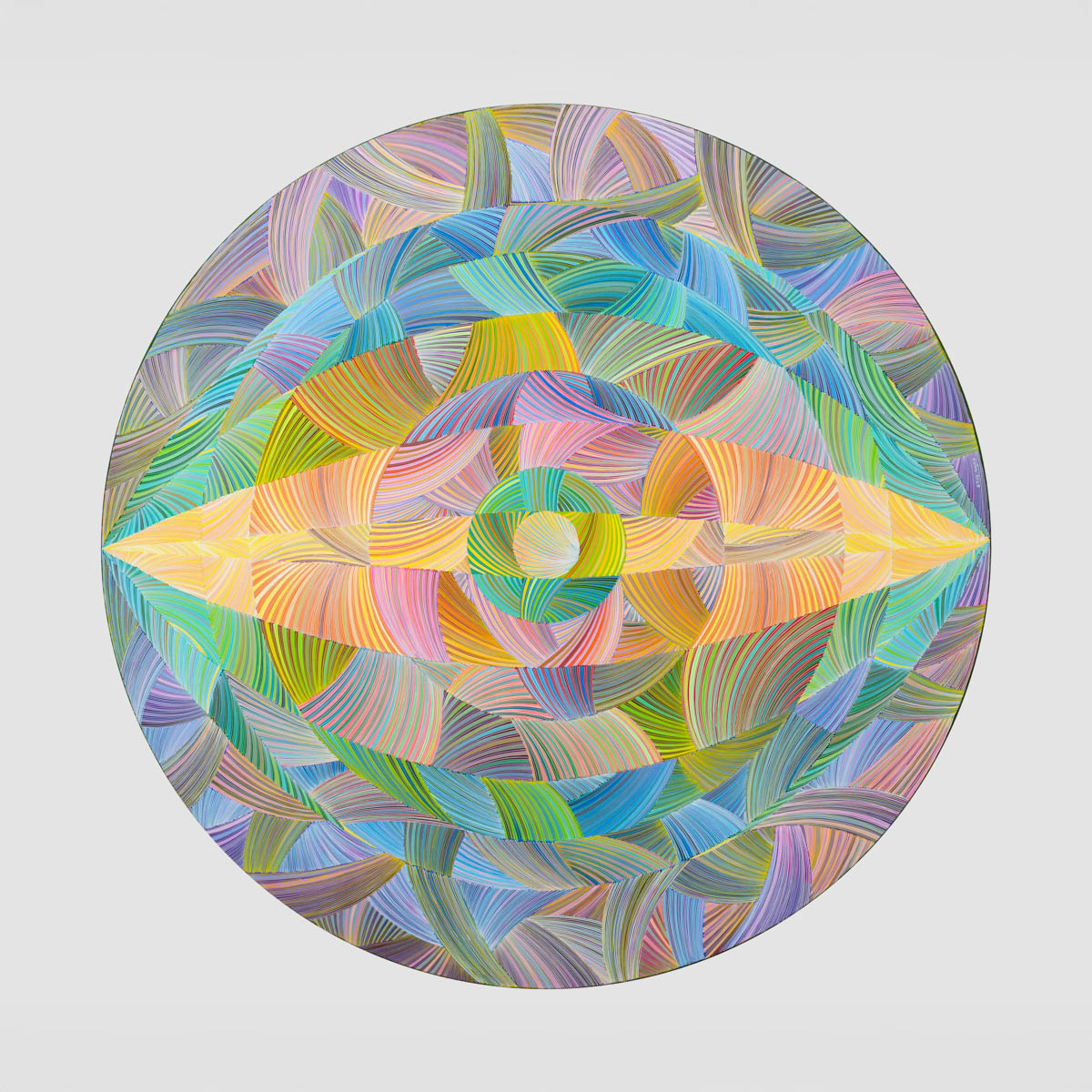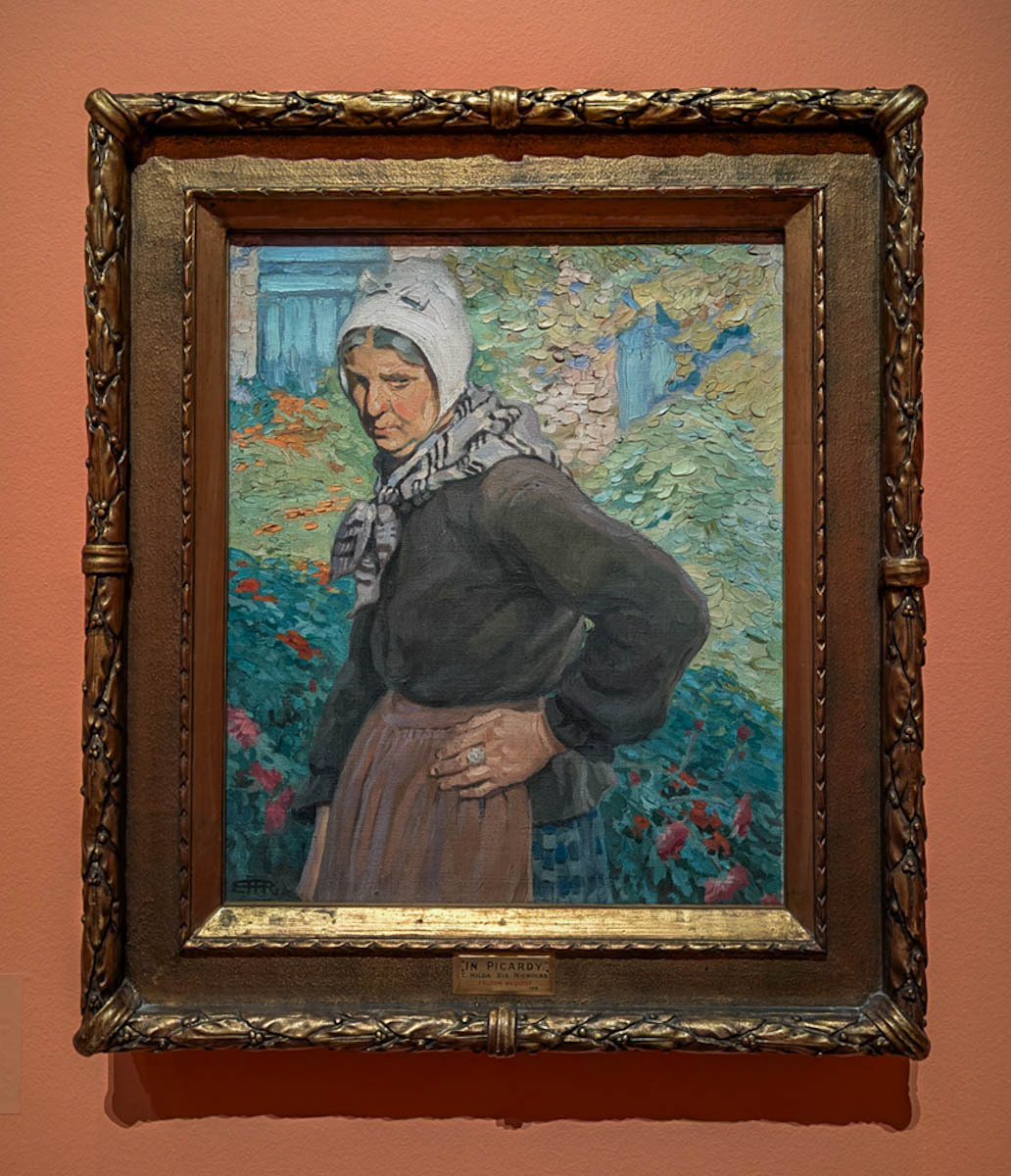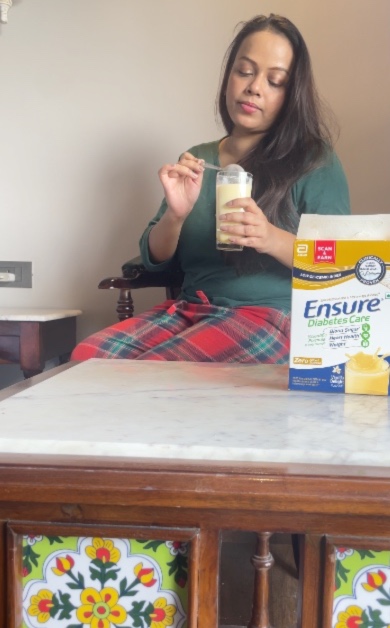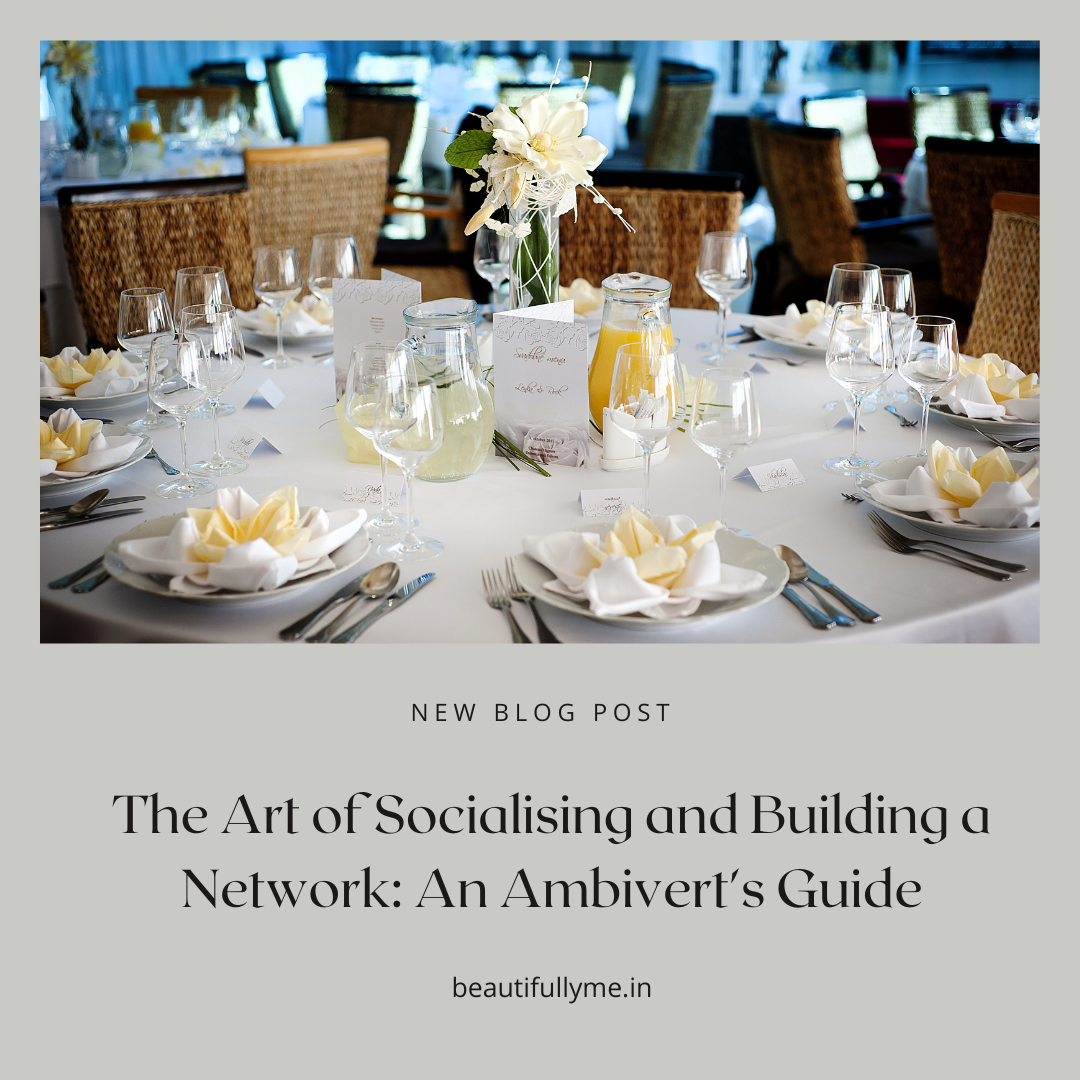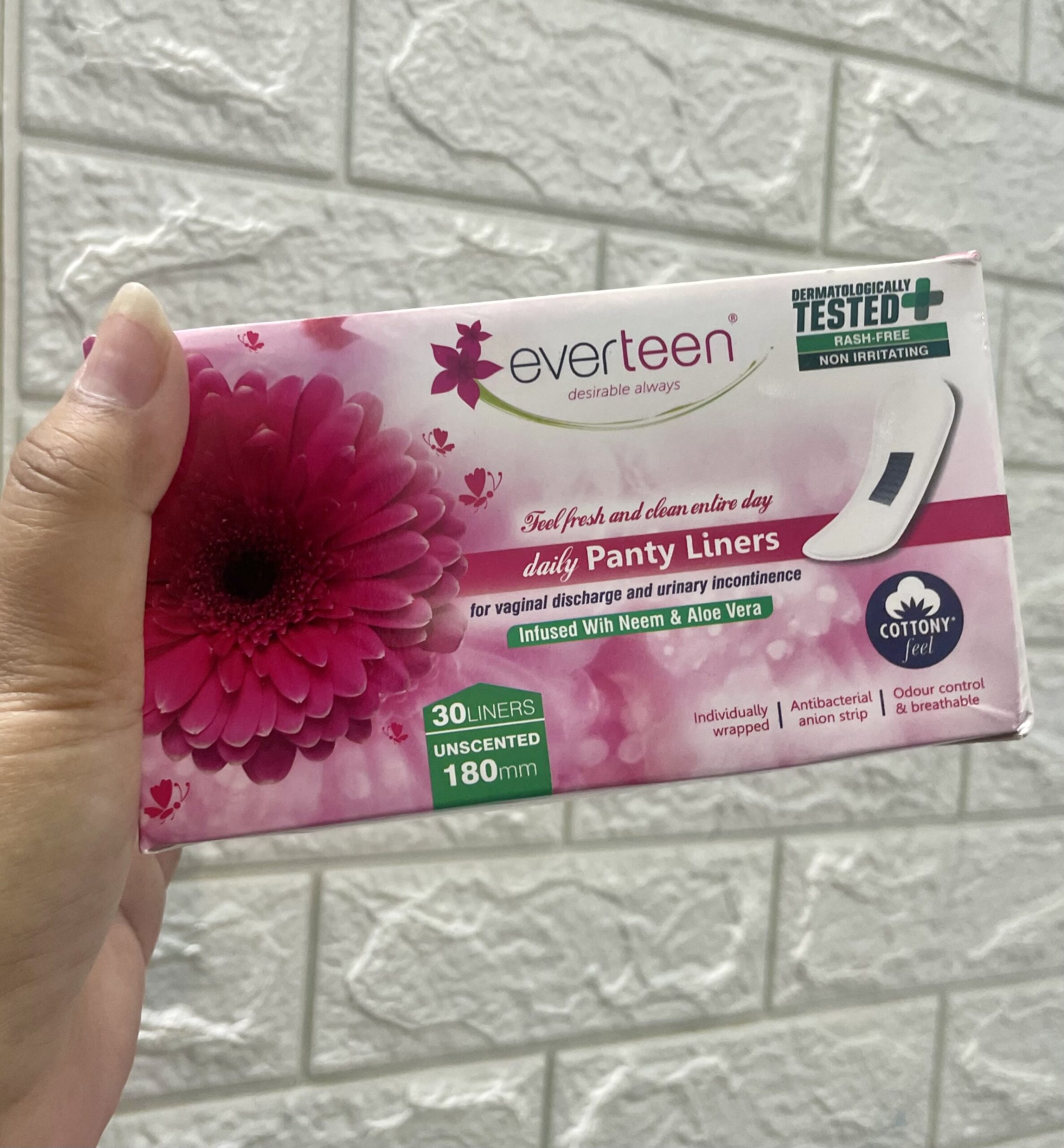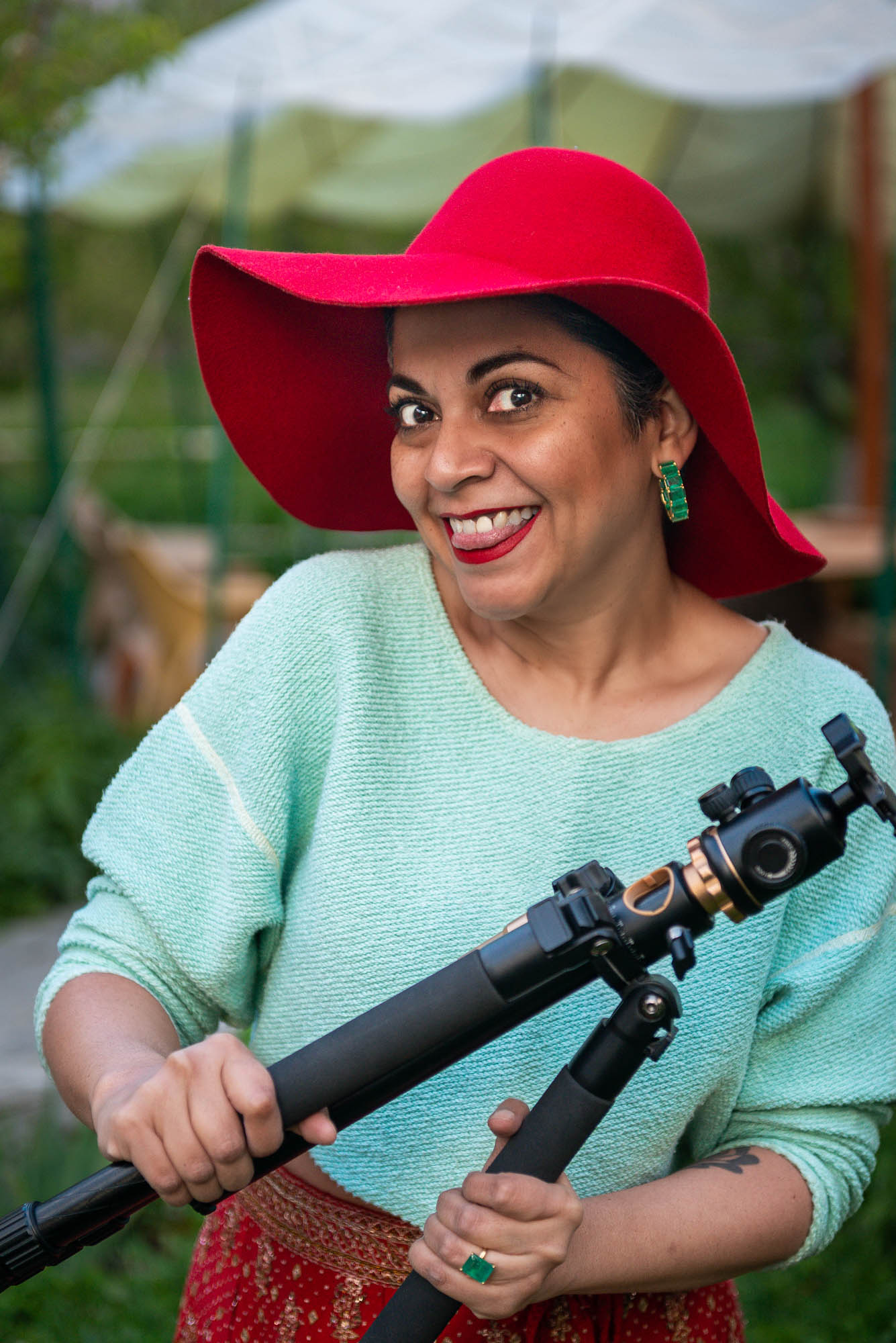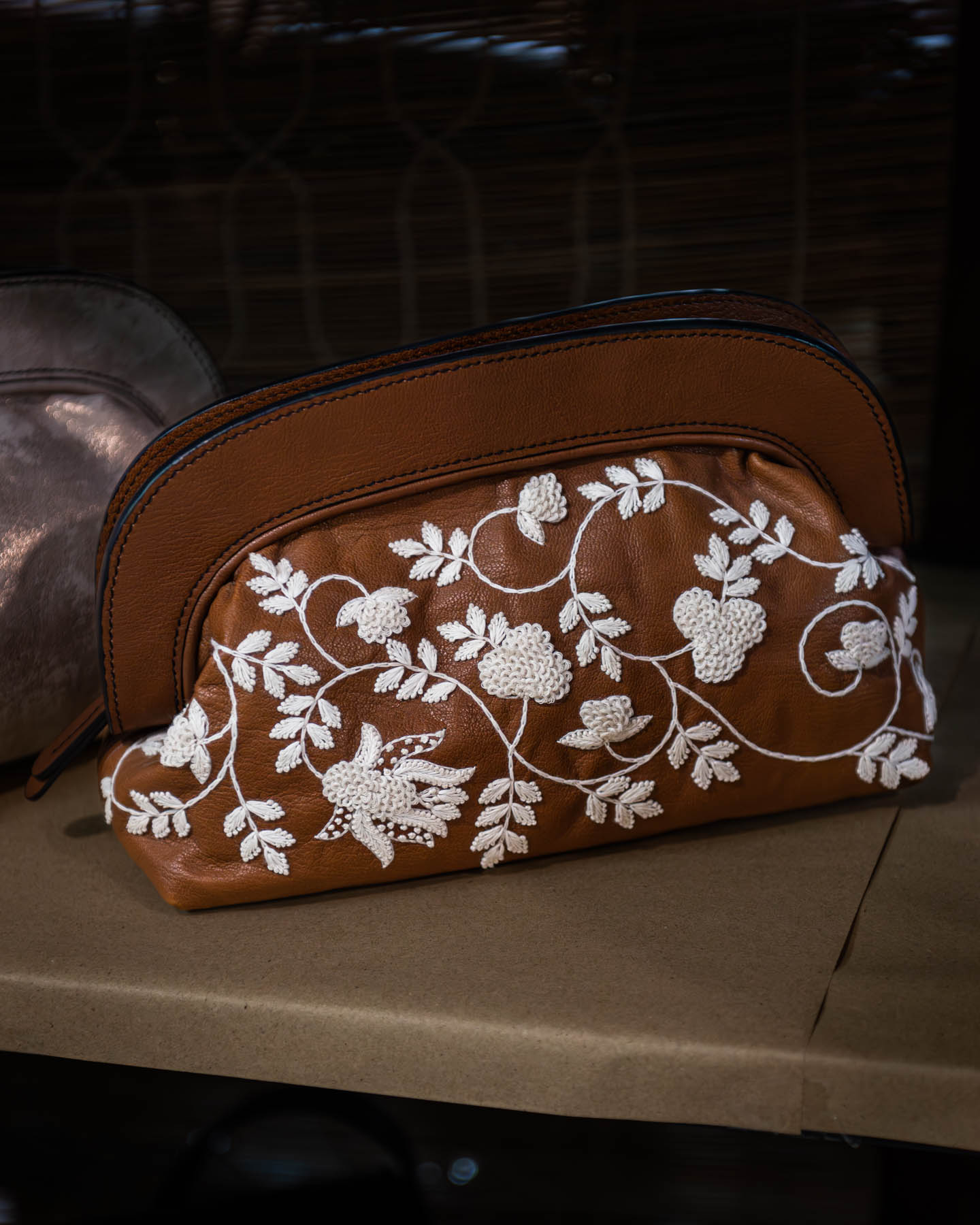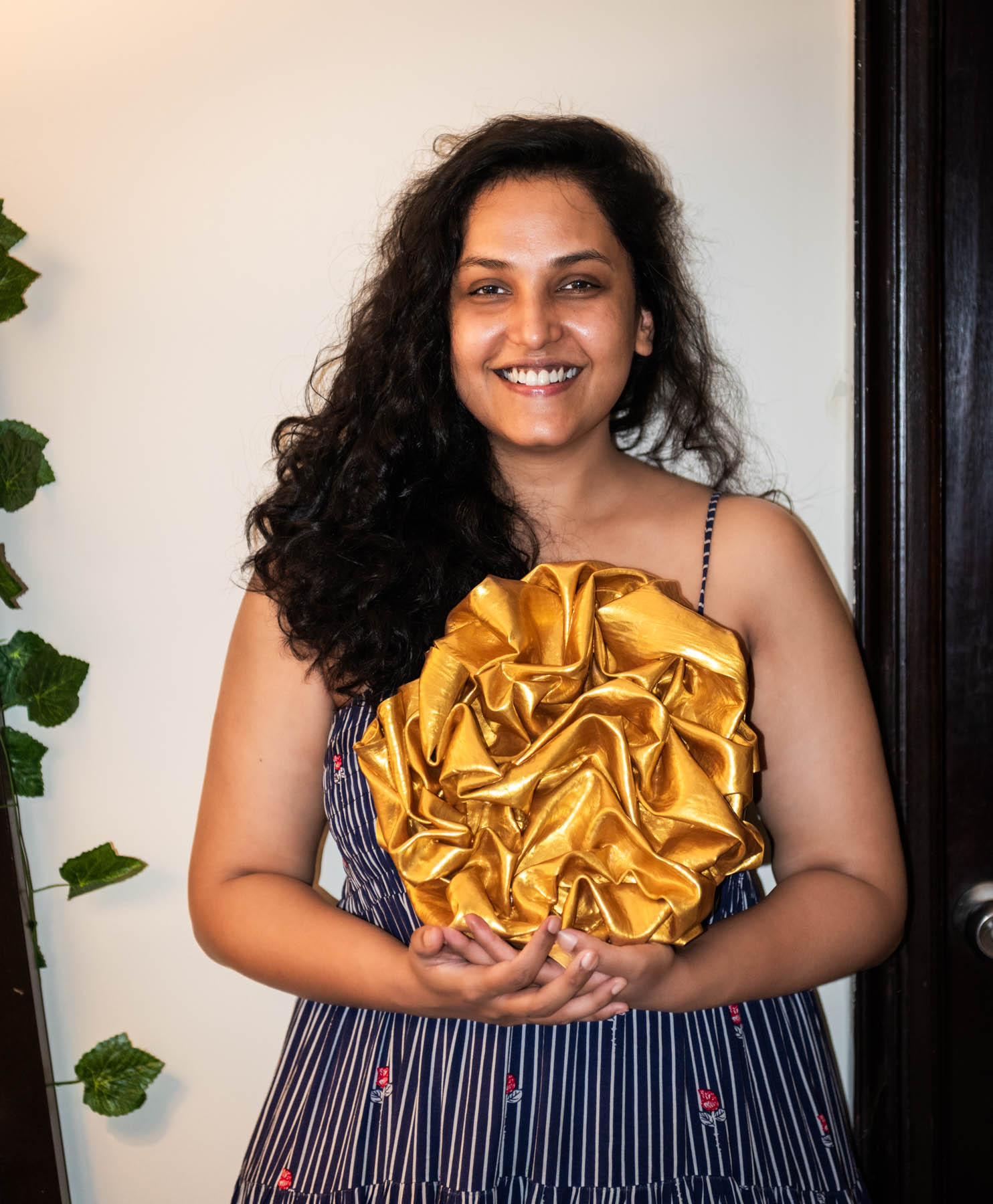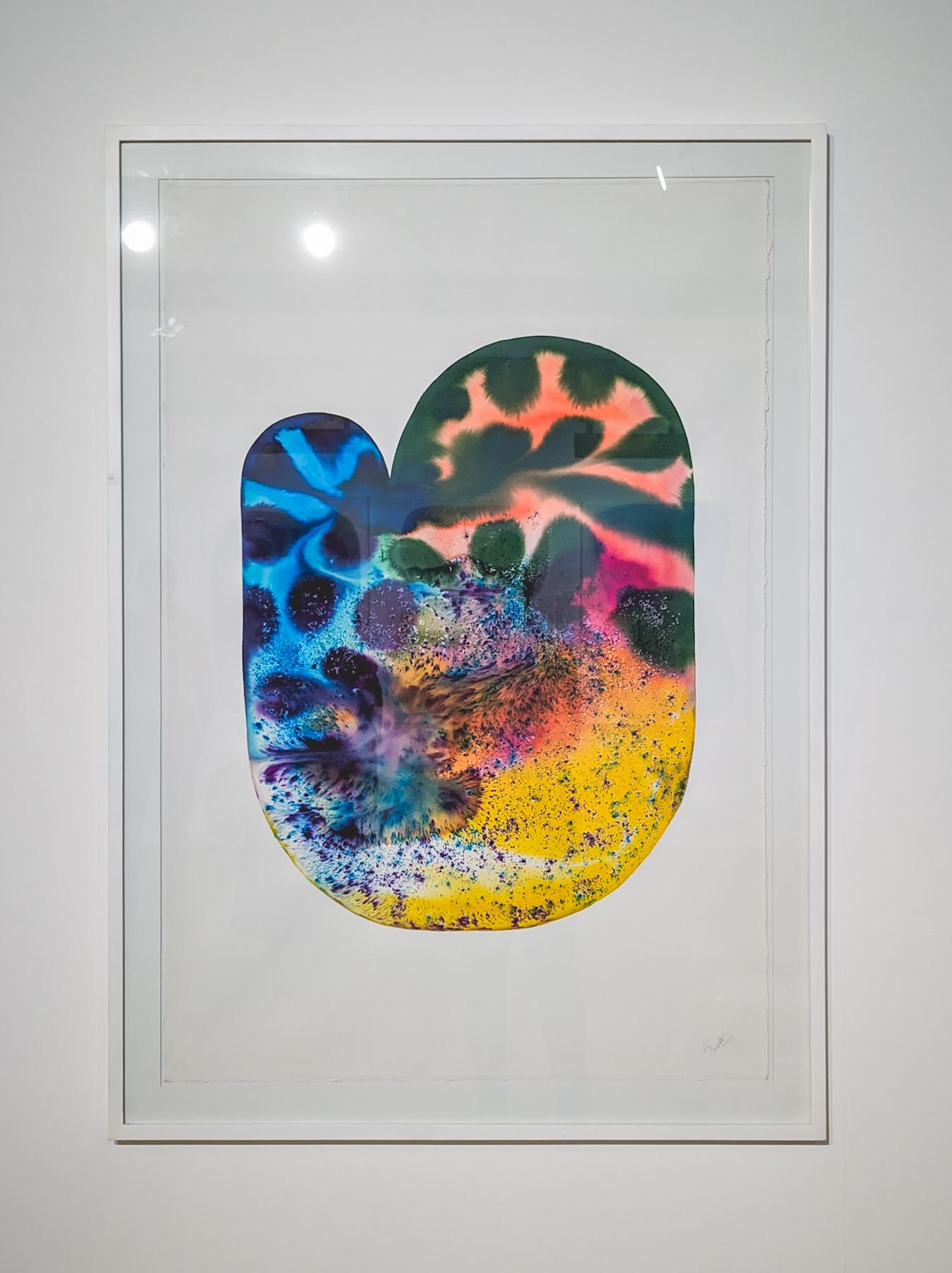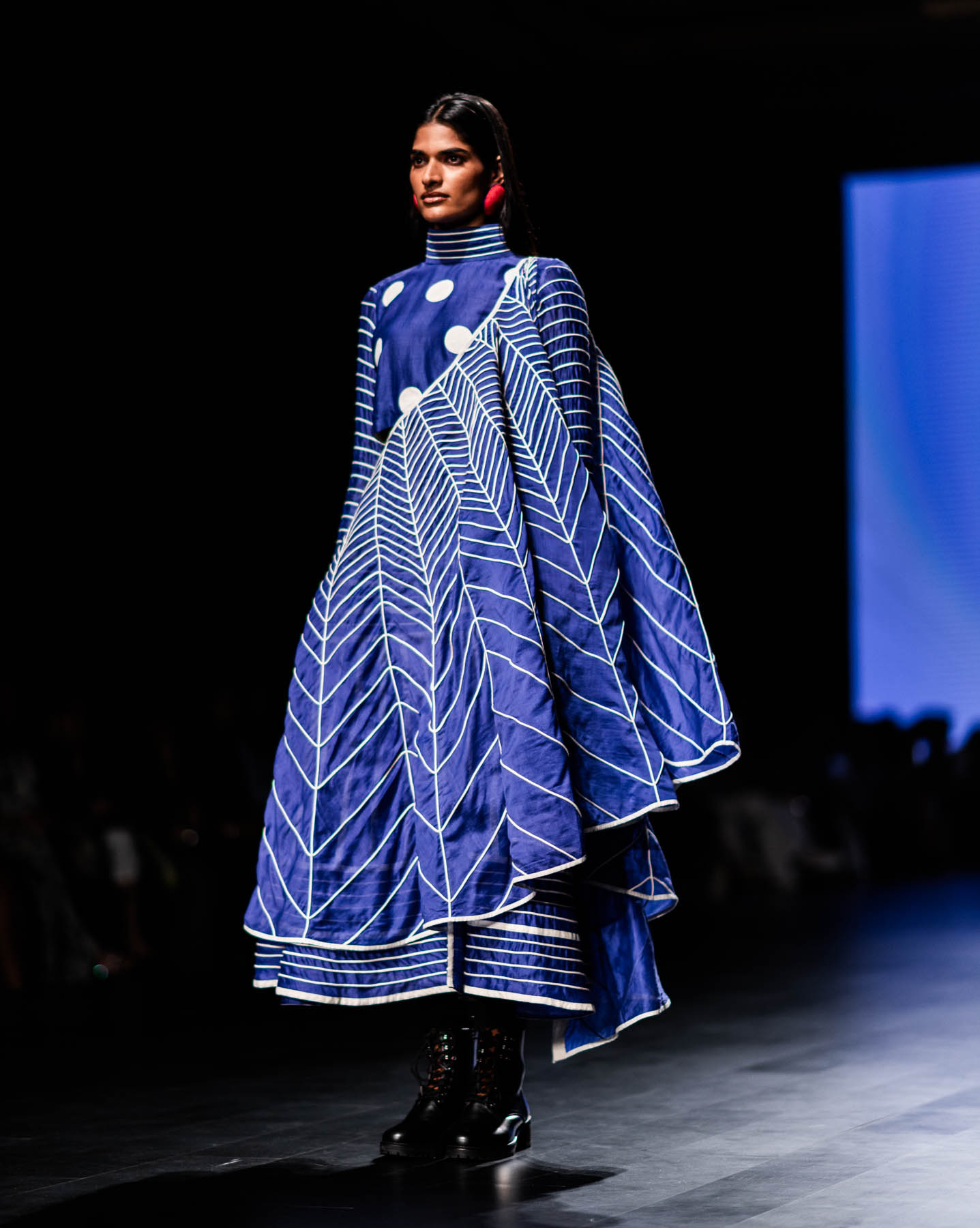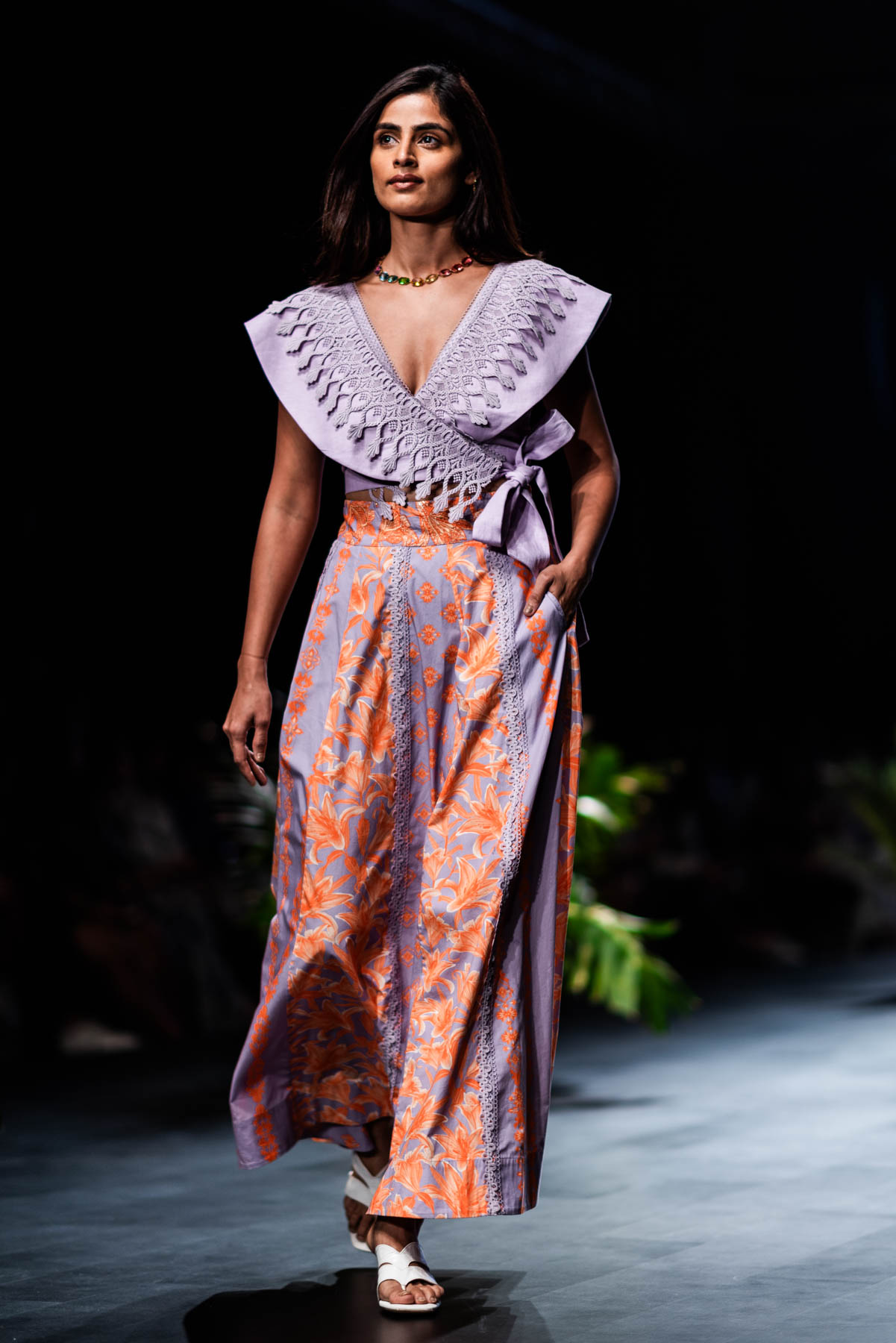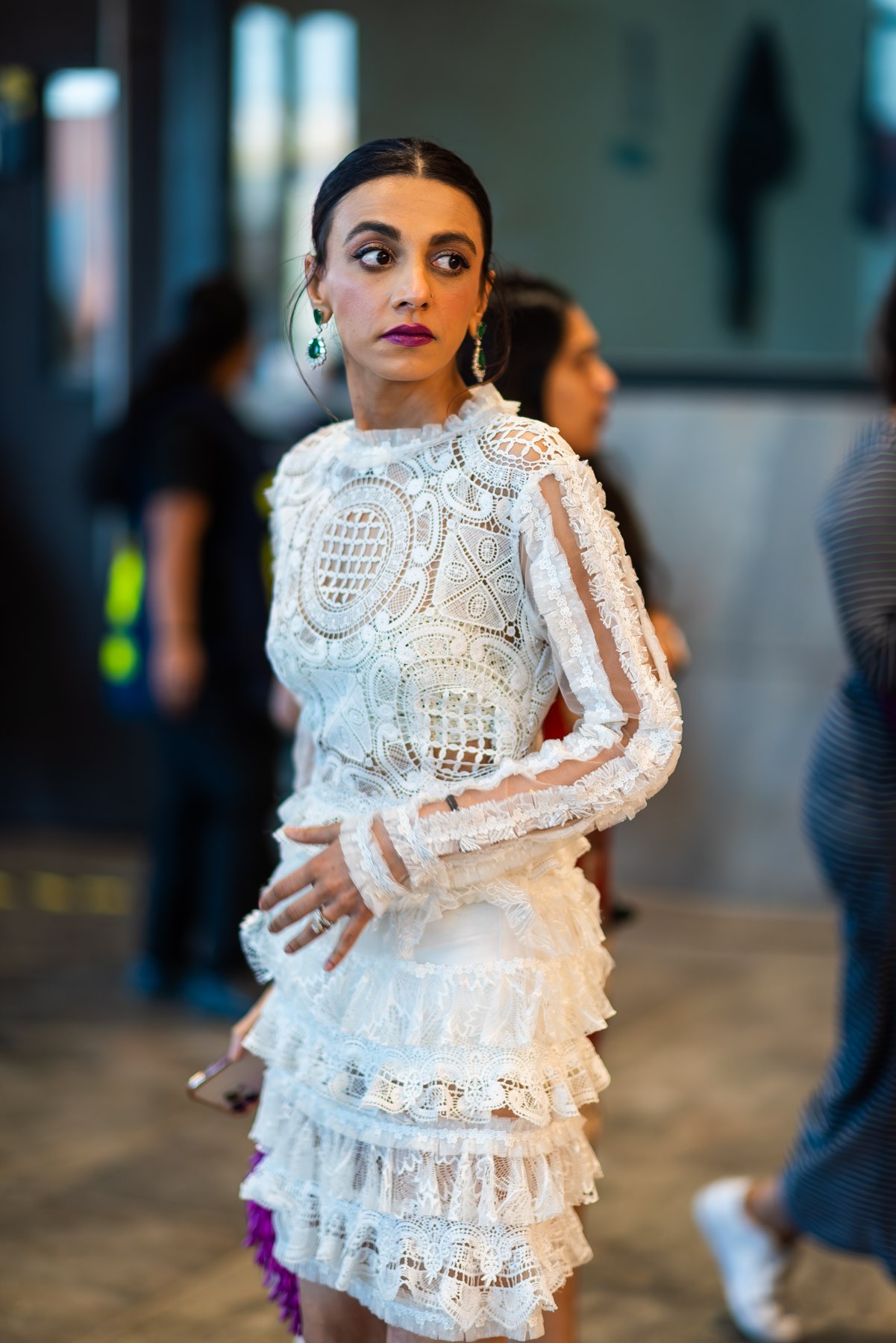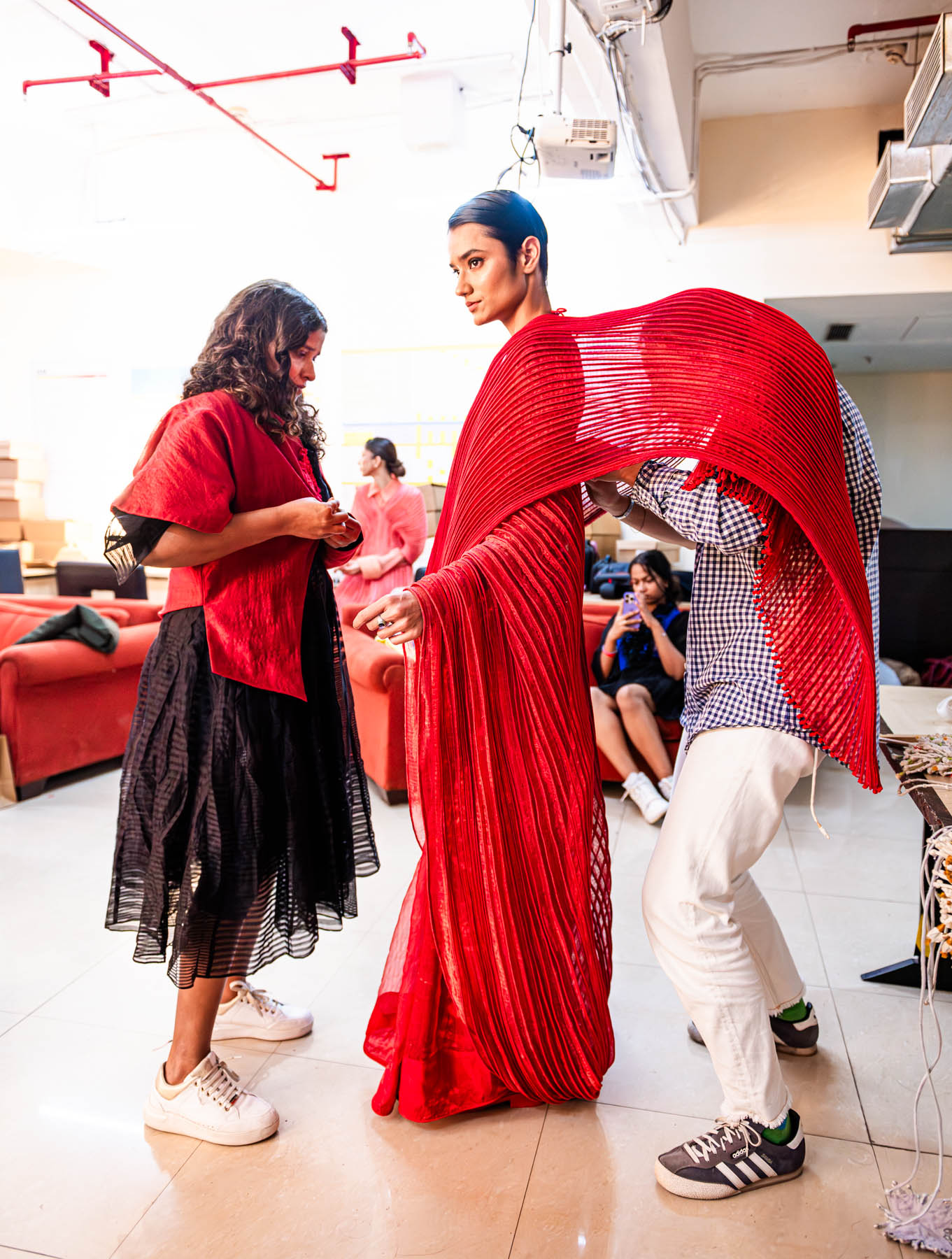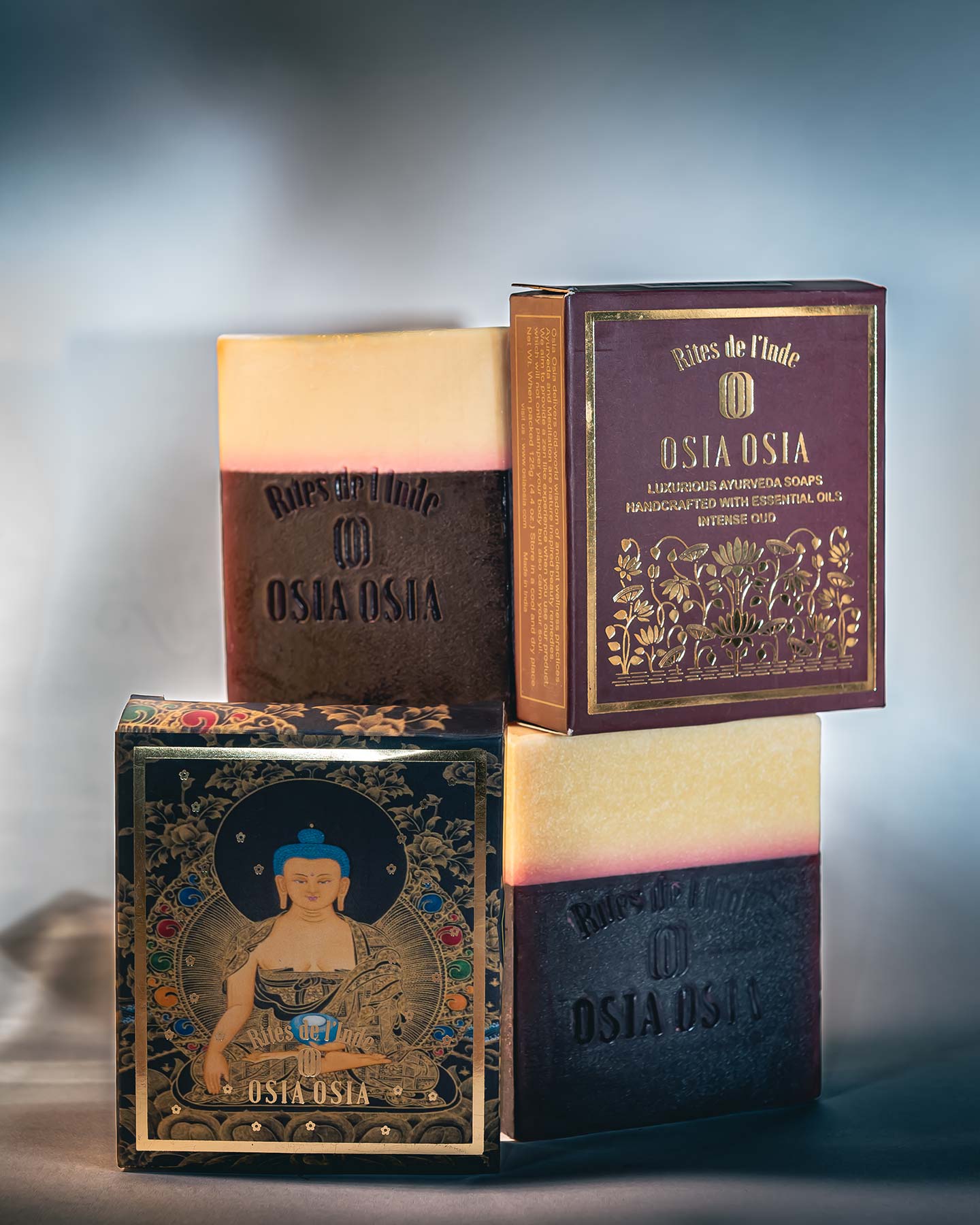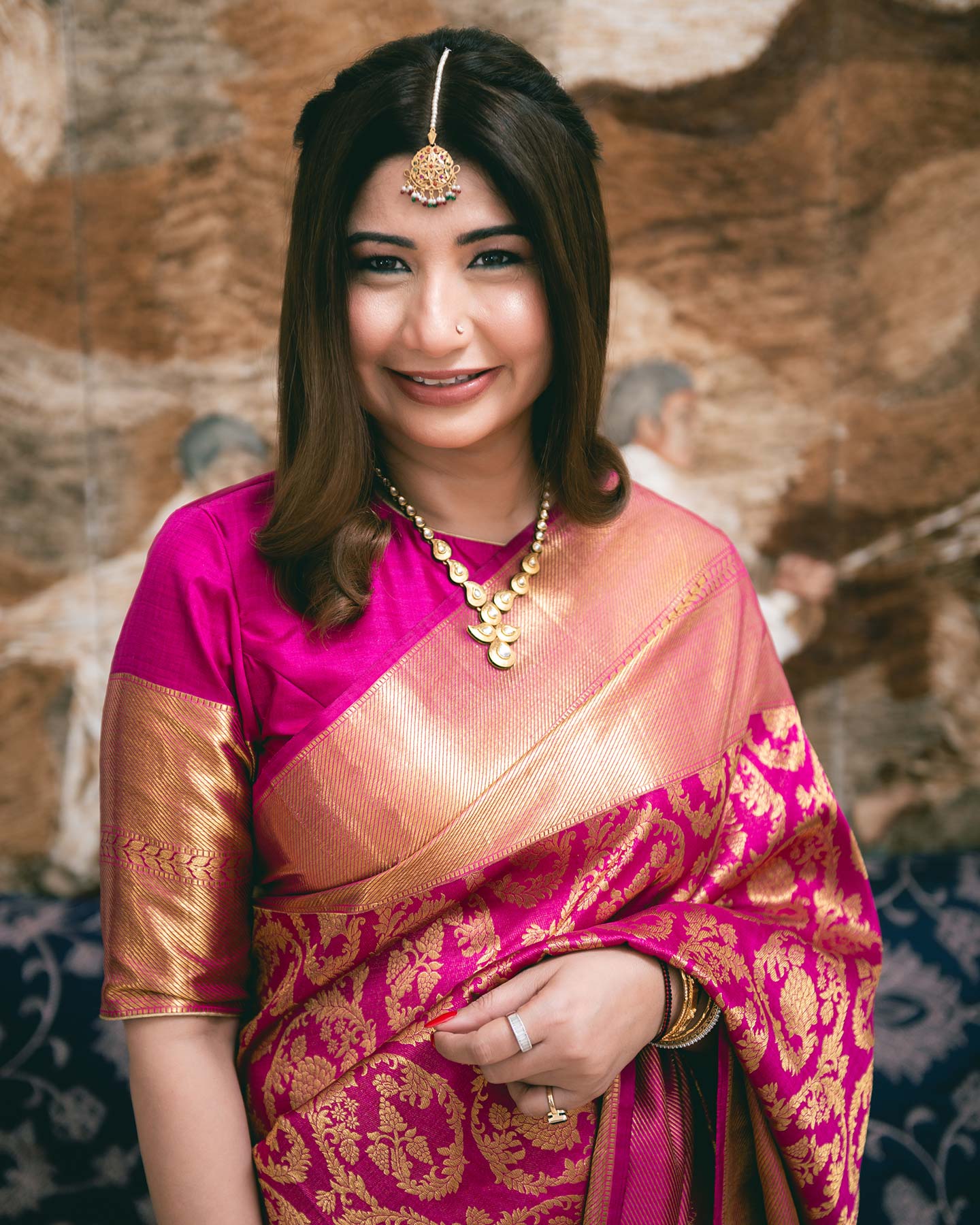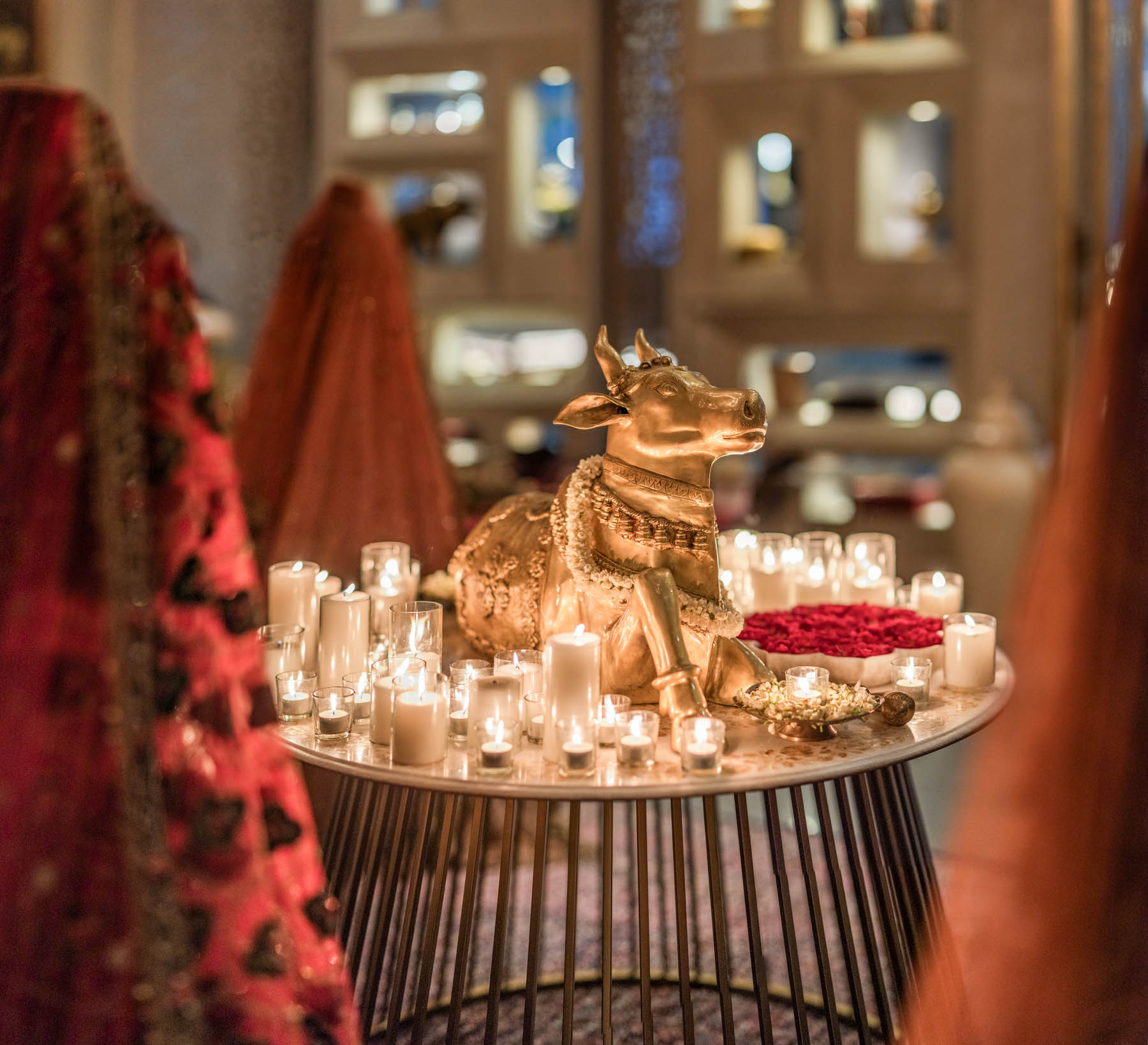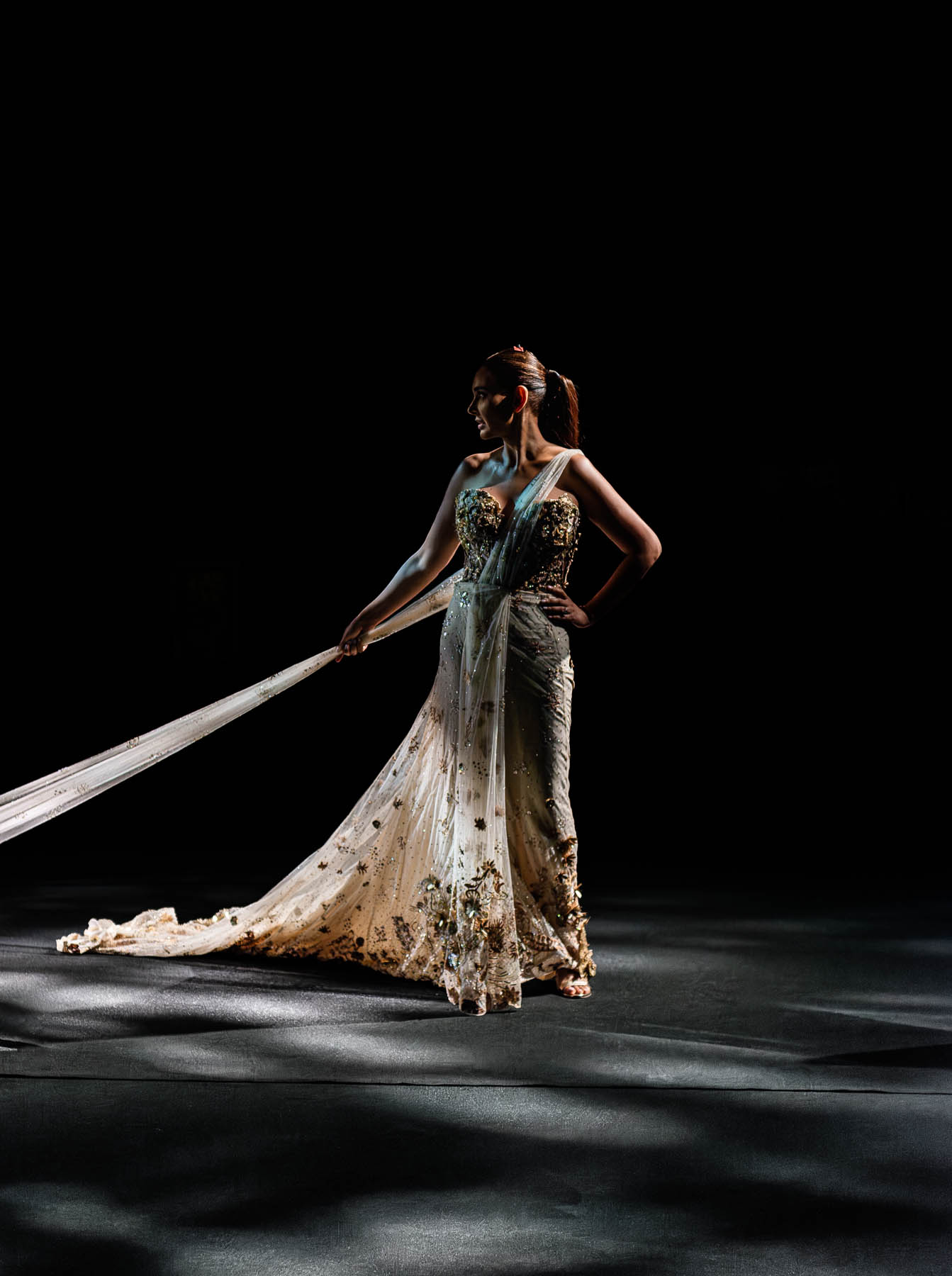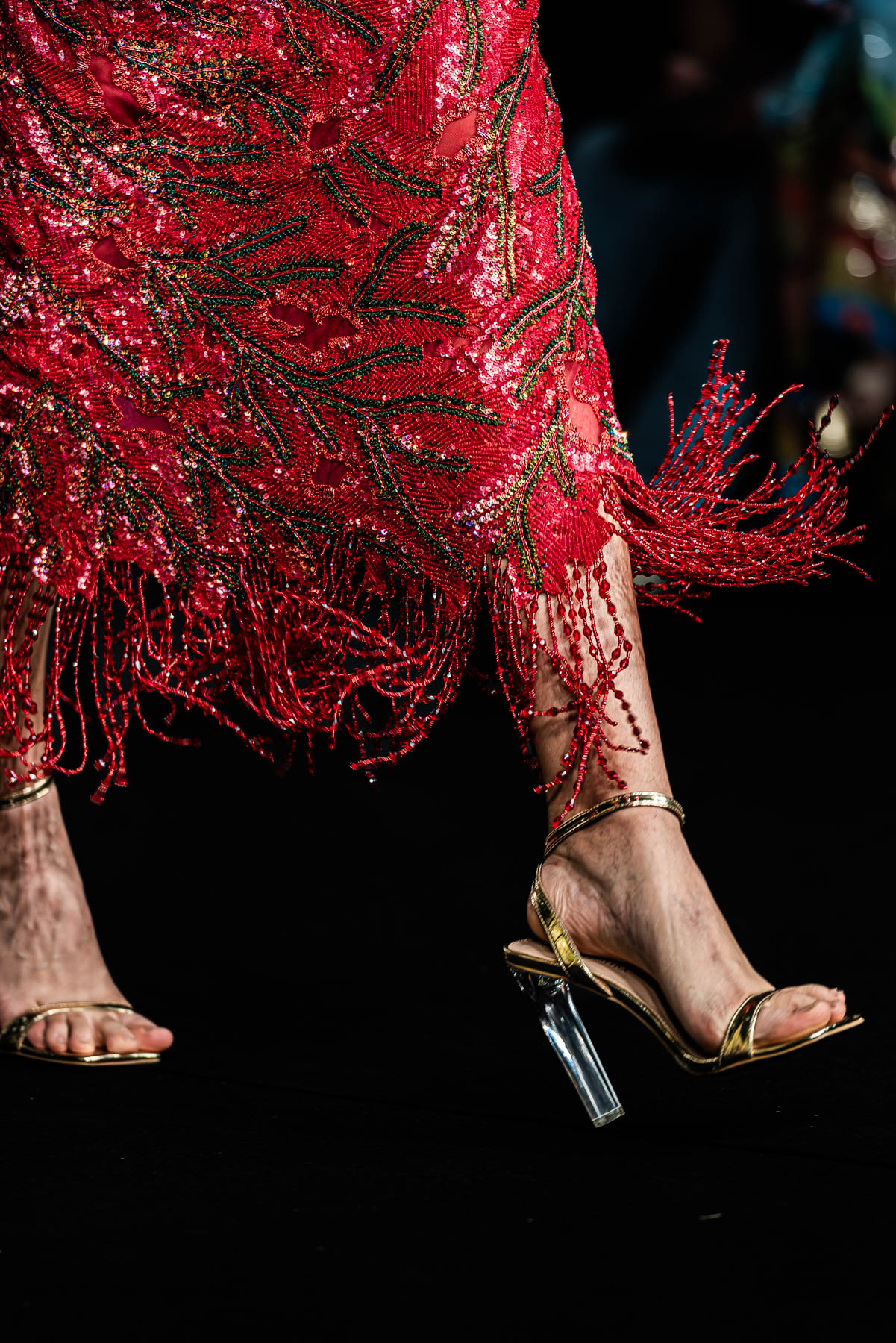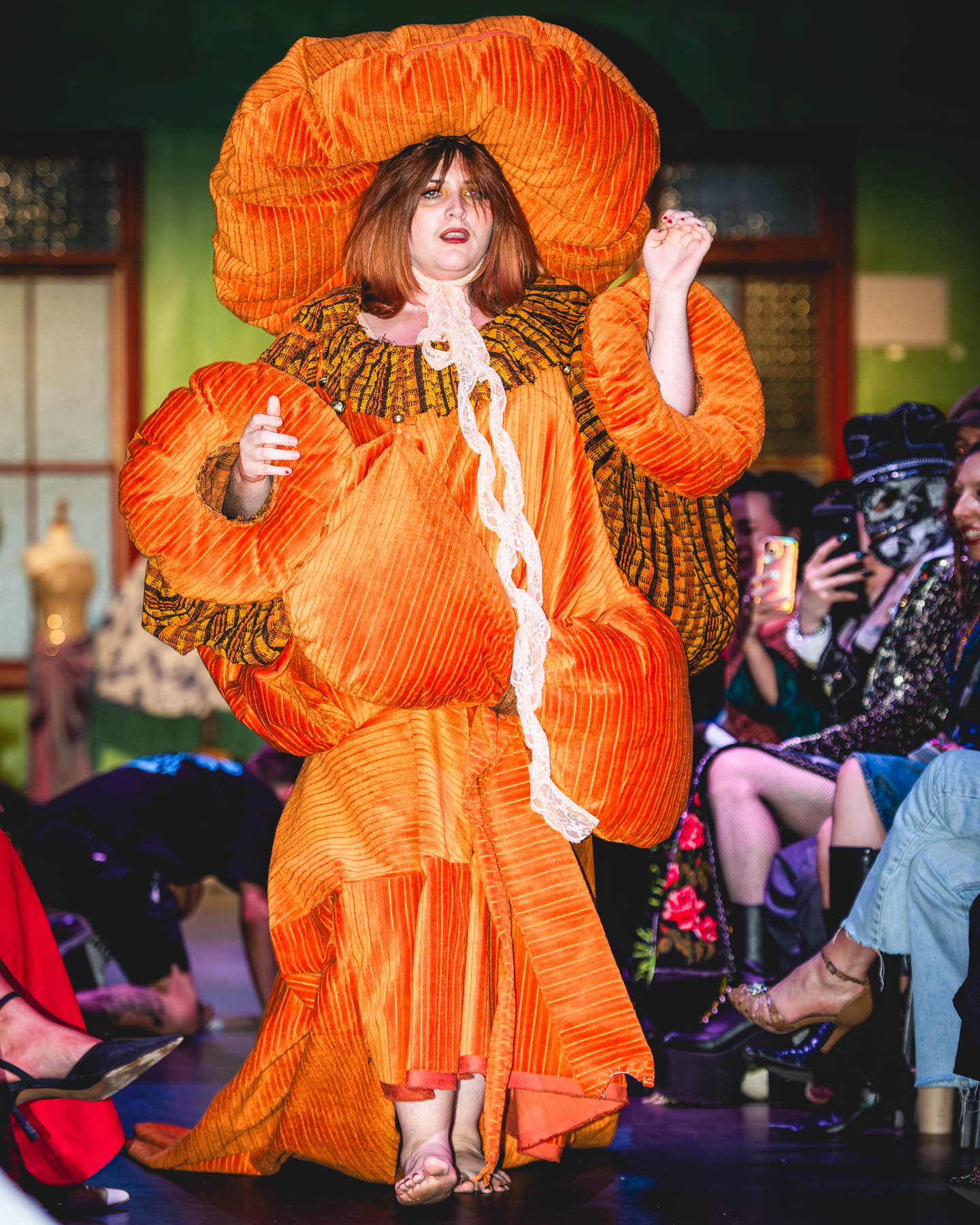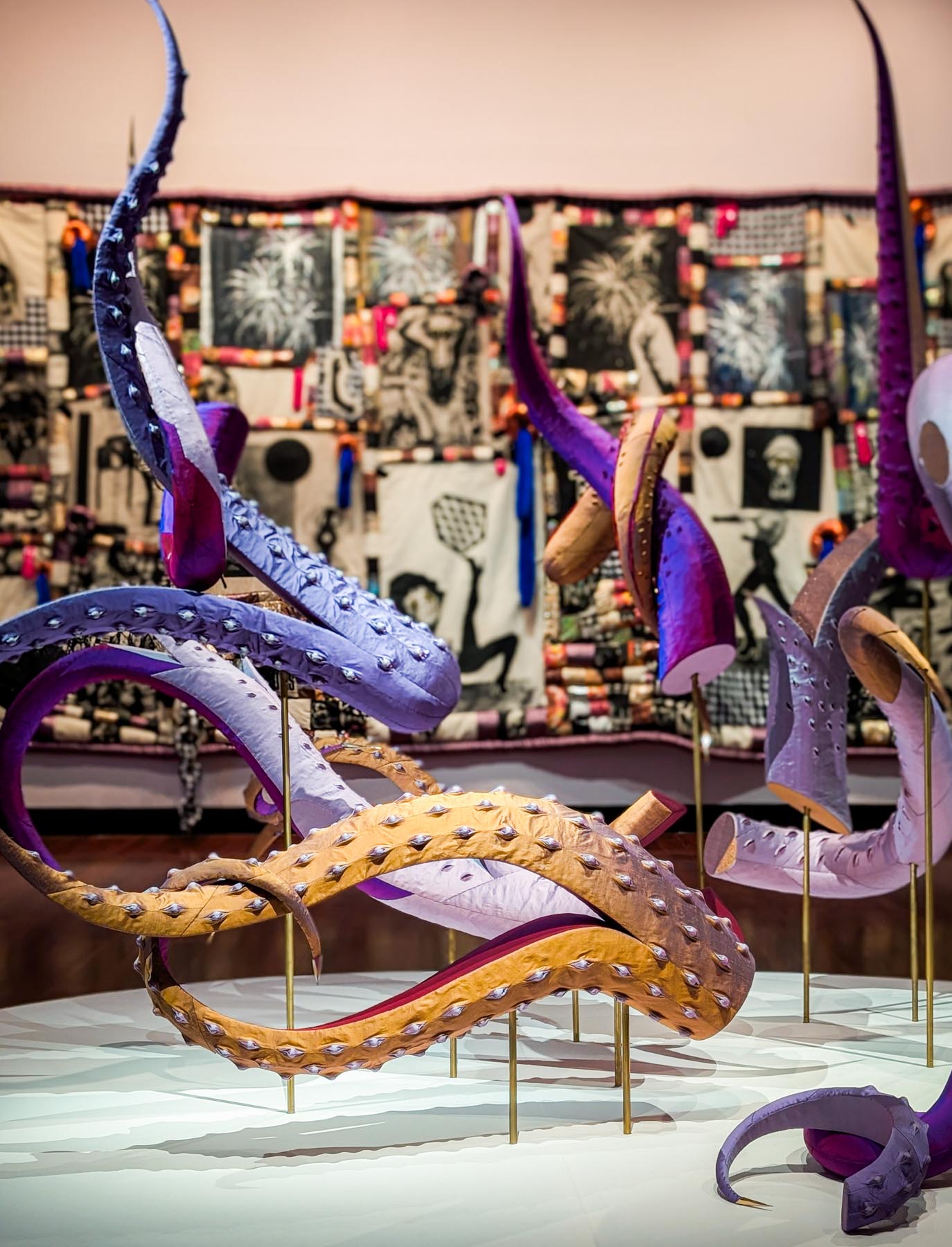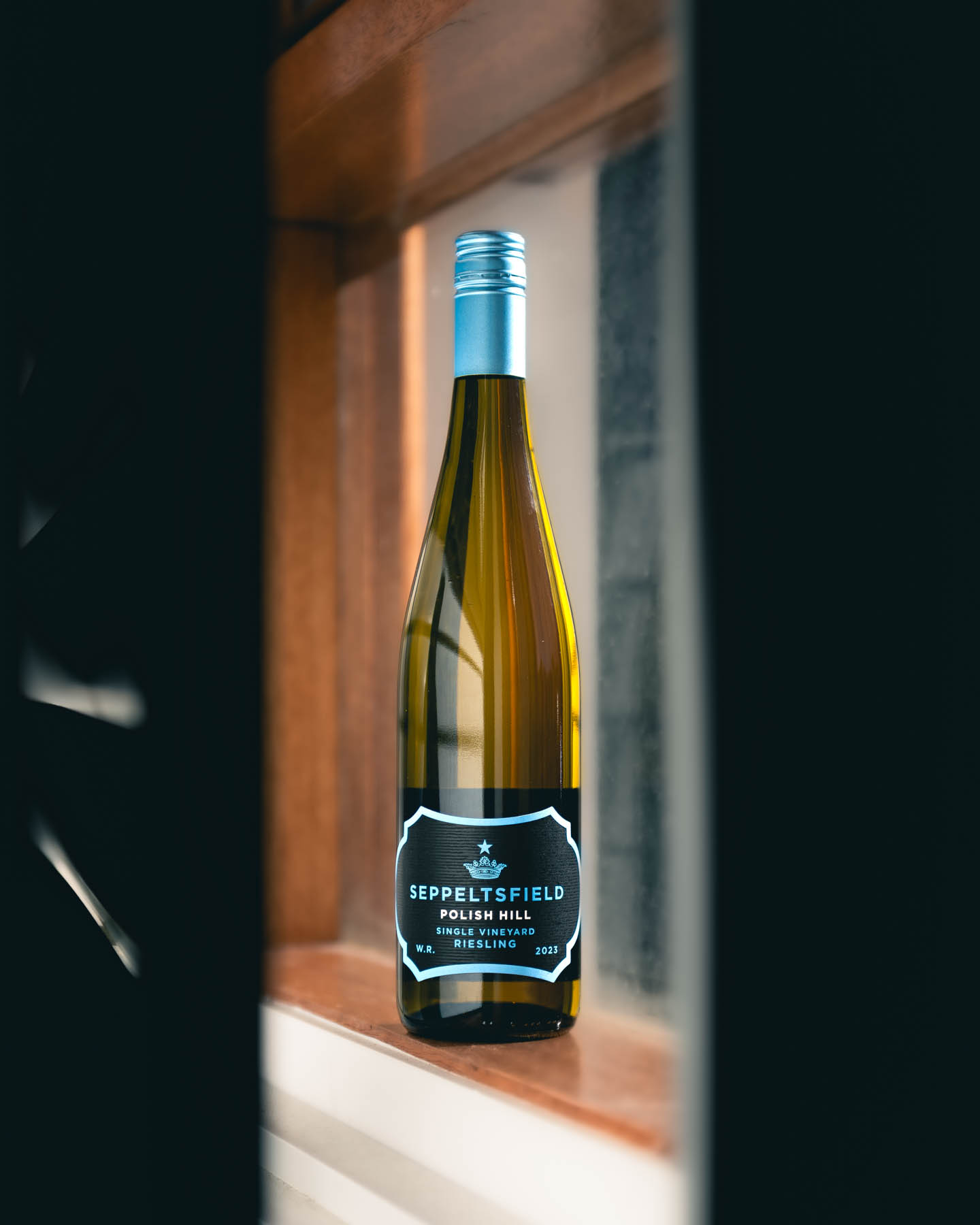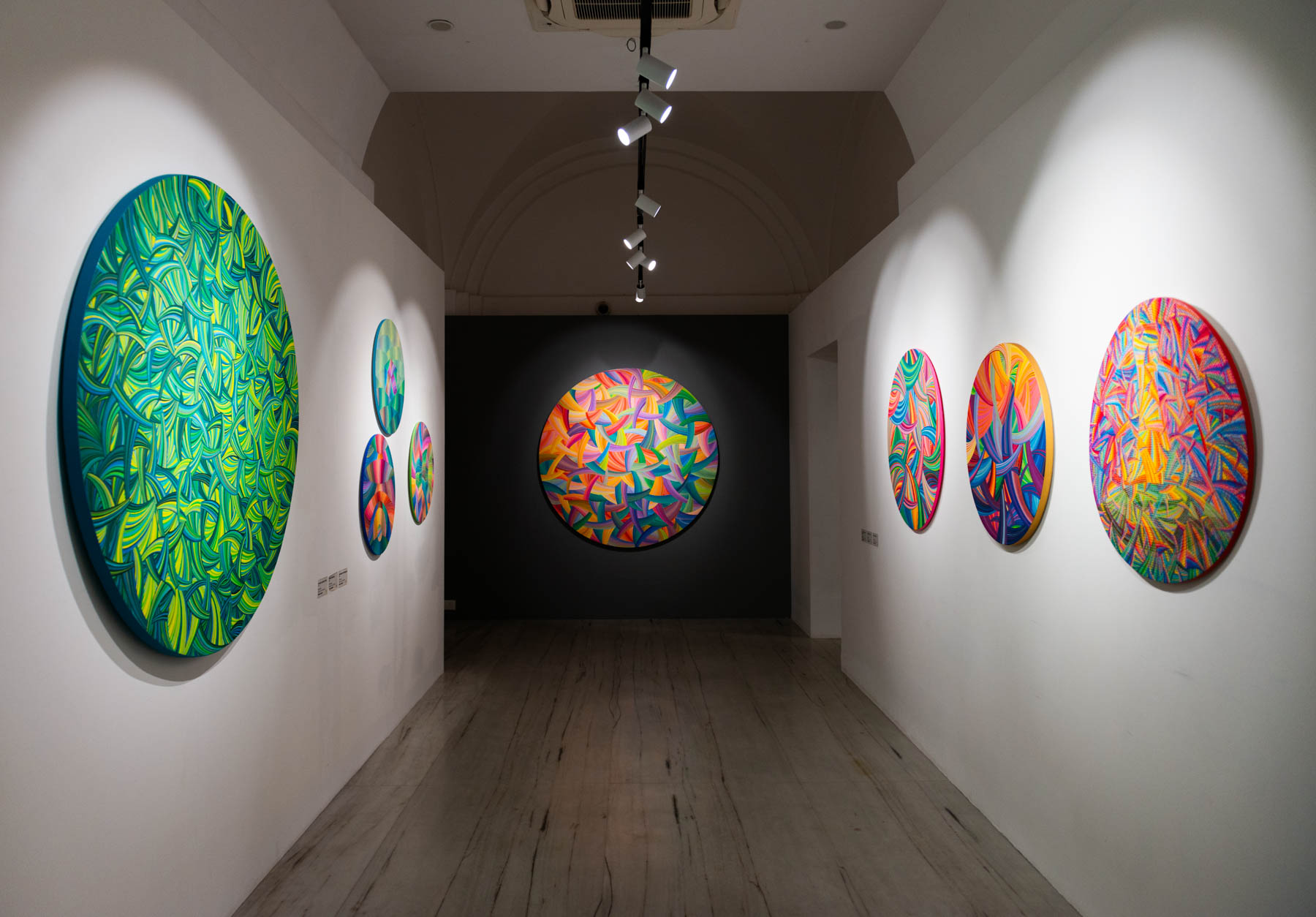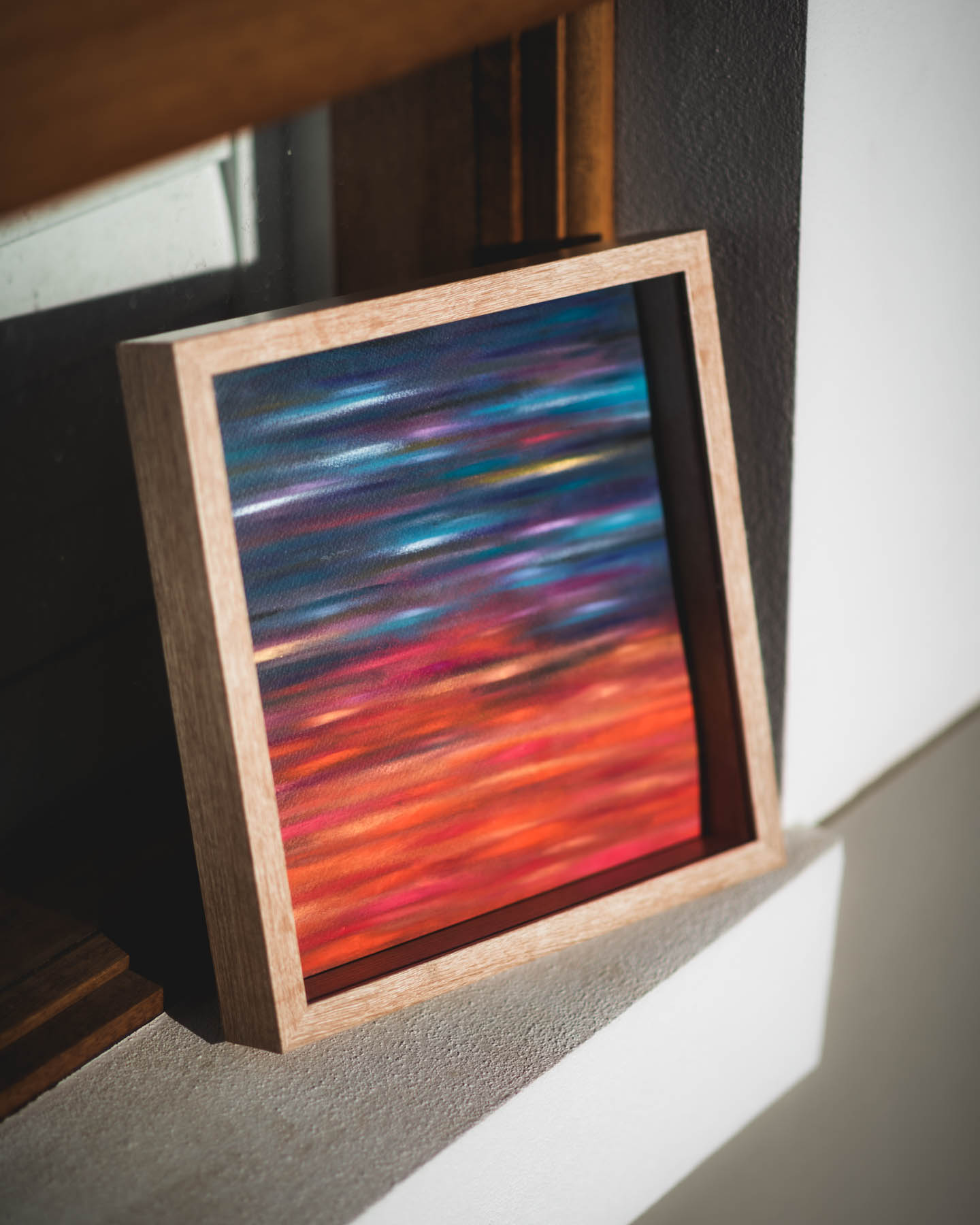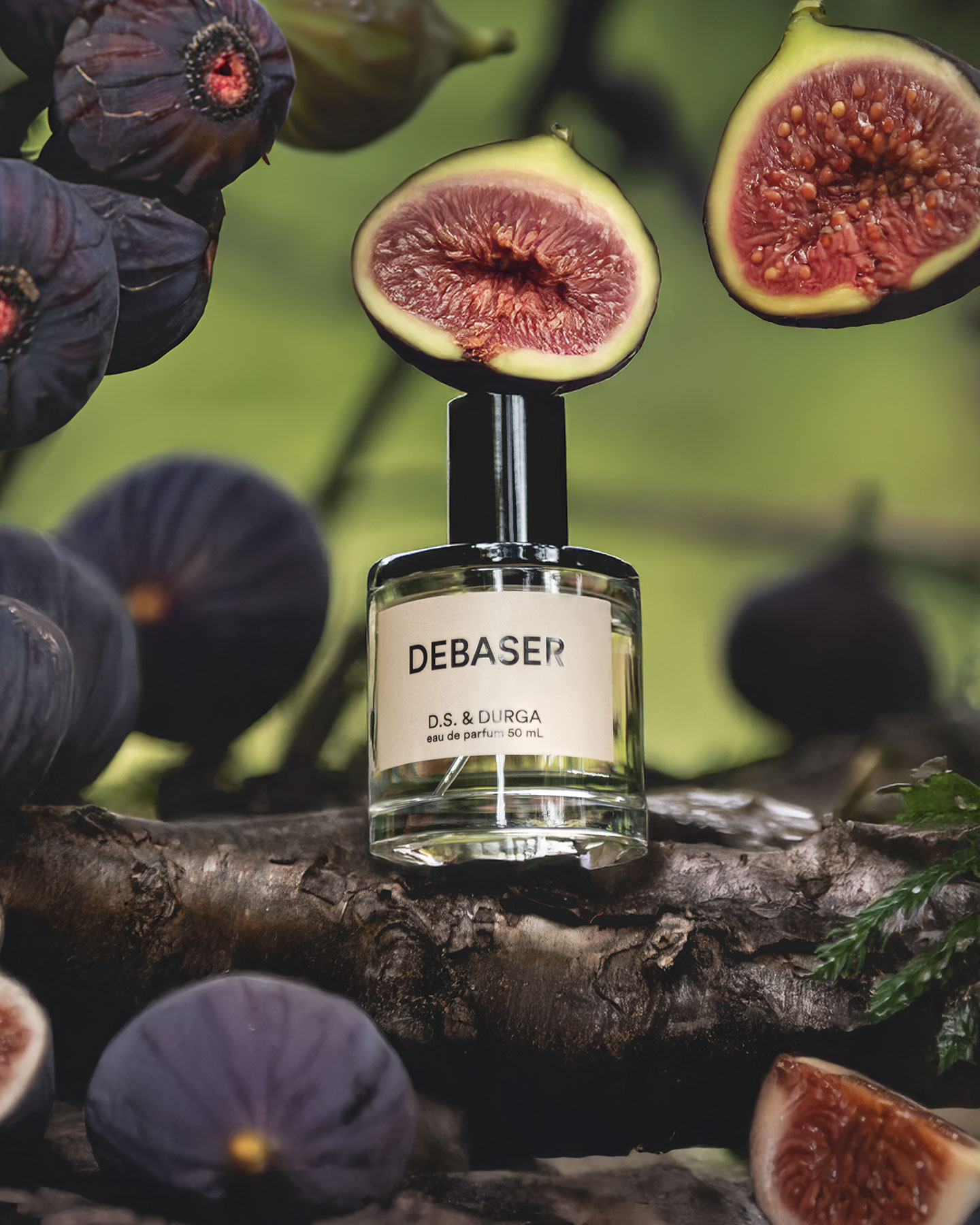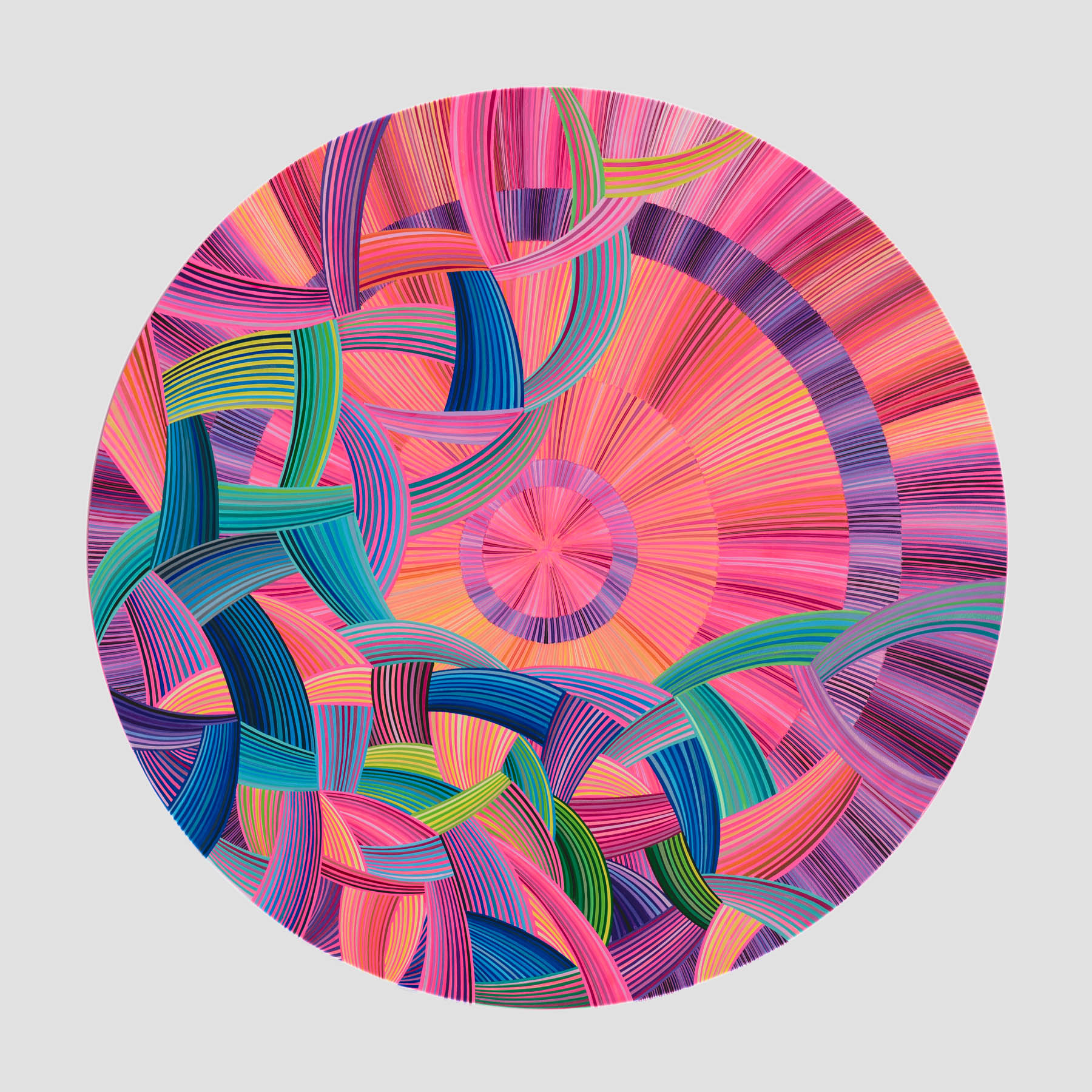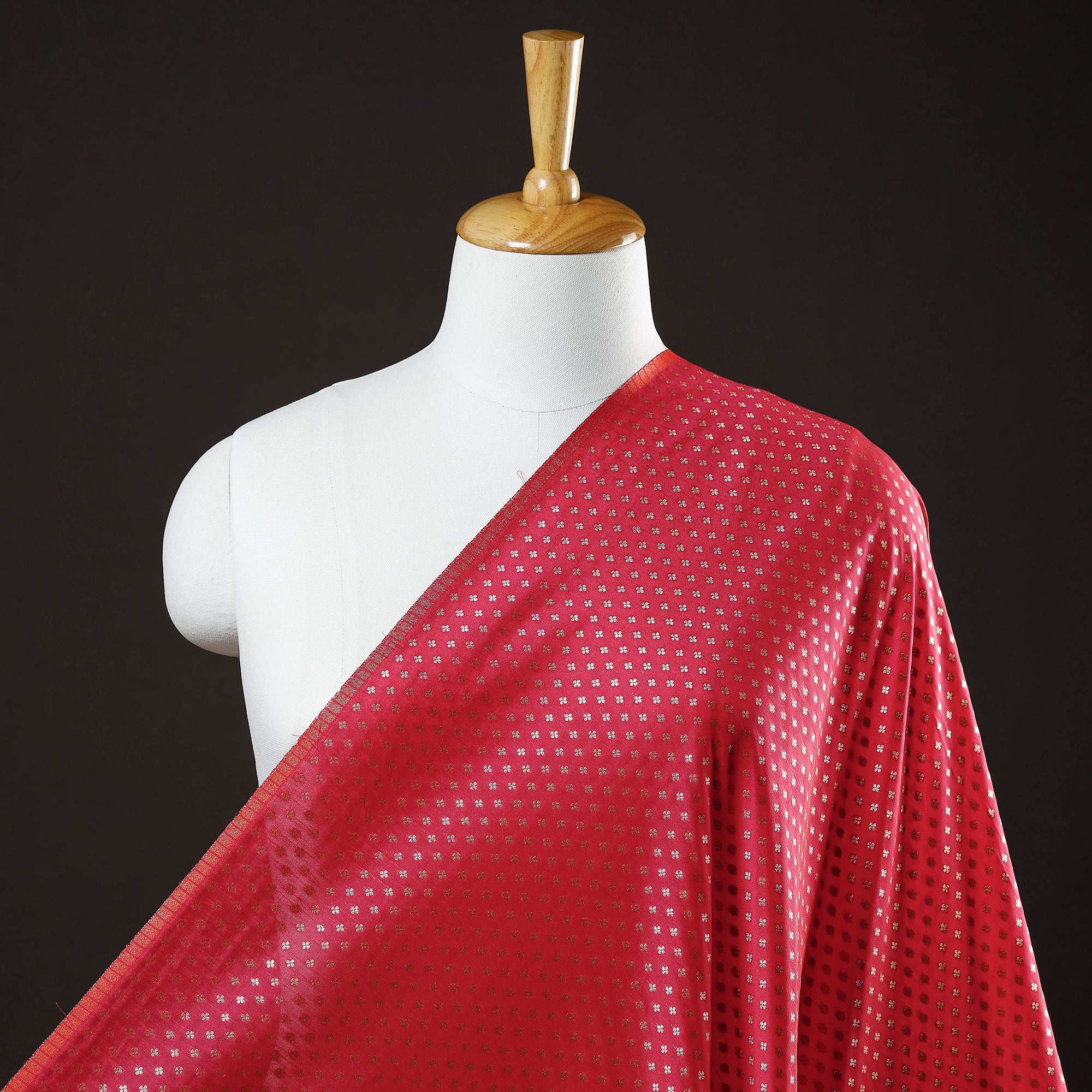
Durga Pujo is not just a festival—it’s a feeling. The rhythm of the dhak, the fragrance of shiuli , and the anticipation of new clothes mark the season with nostalgia and joy. This year, I wanted my outfit to be different. Not something picked off a rack, not a mass-produced design that everyone else is wearing. I wanted something that reflects me.
That’s when I turned to iTokri—an online portal that has quietly become one of the most loved spaces for Indian handicrafts, handloom, and artisanal products.
Why iTokri? A Story Woven With Care
What sets iTokri apart is not just the fabrics they sell, but the values they stitch into every parcel. Every order arrives wrapped in eco-friendly packaging, accompanied by a handwritten note and a little handmade trinket. It feels less like shopping online and more like receiving a thoughtful gift.
Founded in 2010 by Jia and Nitin Pamnani in Gwalior, iTokri was born out of a love for crafts and an urge to give artisans across India their rightful place in the digital market. Jia, who started with no formal e-commerce background at just 21, has built iTokri into a platform rooted in transparency, gender equality, and sustainability. Nitin, with his literary and activist background, ensured iTokri became a voice for artisans often left behind in the fast-fashion wave.
Today, with nearly 10,000 artisans, 100,000+ handmade listings, and 500+ new products added daily, iTokri is India’s only crafts and loom retailer with a 100% artisanal inventory. From Punjab’s phulkari dupattas and Gujarat’s bandhanis to Andhra’s ikkat handlooms and Odisha’s pattachitra paintings—the platform is a living museum of India’s textile and craft heritage.
My Benarasi Fabric Hunt
For years, I have dreamed of wearing a Benarasi dress during Pujo. The richness of Benarasi is iconic, but most ready-made Benarasi dresses I’ve found online feel bulky, repetitive, and overwhelming. I wanted something sleeker, minimal, and modern while still carrying the timeless charm of Benarasi.
That’s when I spotted a Benarasi jacquard buti fabric on iTokri. Despite the name saying “Benarasi” the product description mentioned polyester like most of their other fabrics.It did gave me pause, but the weave and finish looked beautiful. After a little deliberation, I decided to take the plunge—it felt like the perfect starting point for my dream Pujo outfit.


The Tailor’s Touch
Right now, my chosen fabric is at the tailor’s workshop, waiting to be transformed. It’s the pre-pujo phase, the anticipation, and the excitement.
There’s something incredibly personal about tailoring. Unlike ready-made garments, a tailored outfit doesn’t just fit your body—it fits your vision. It allows you to stand out, to wear something no one else will have, and to add your own story to a craft that already carries centuries of heritage.
The Anticipation of Saptami
As I write this, my fabric is still in the making. I’m waiting—like a child waiting for new clothes before Pujo—for that first trial at the tailor’s. This waiting, in its own way, is part of the Pujo excitement. On Saptami, when I finally get to wear it, I know it will feel special—not just because it’s beautiful, but because I chose it, dreamt it, and had it made for myself.
Why You Should Try Fabric + Tailor for Pujo
If you’re looking to truly stand out this Pujo, I can’t recommend this route enough: pick a fabric you love from iTokri, then take it to your tailor. Not only do you get something unique, but you also carry forward a tradition—of craft, of intention, and of slowing down in a fast-fashion world.
This Pujo, my outfit isn’t just new clothes. It’s a story. A journey. And iTokri is where it began.
✨ Stay tuned—I’ll be sharing the final look soon. For now, the anticipation is half the joy.



